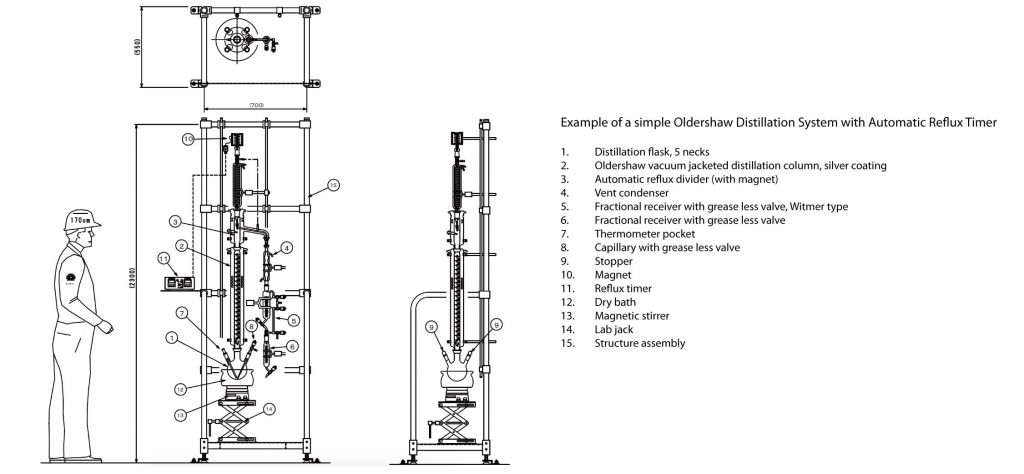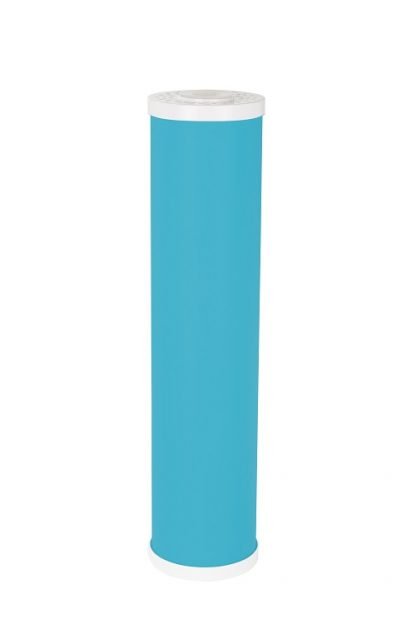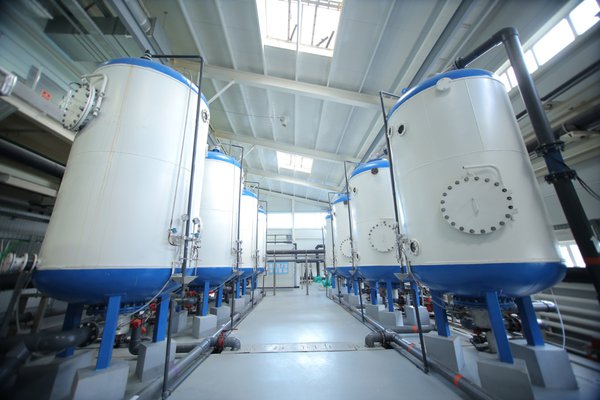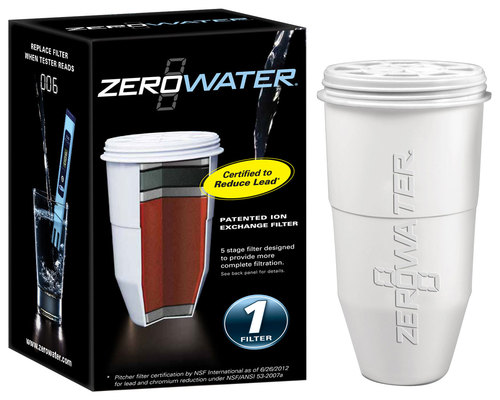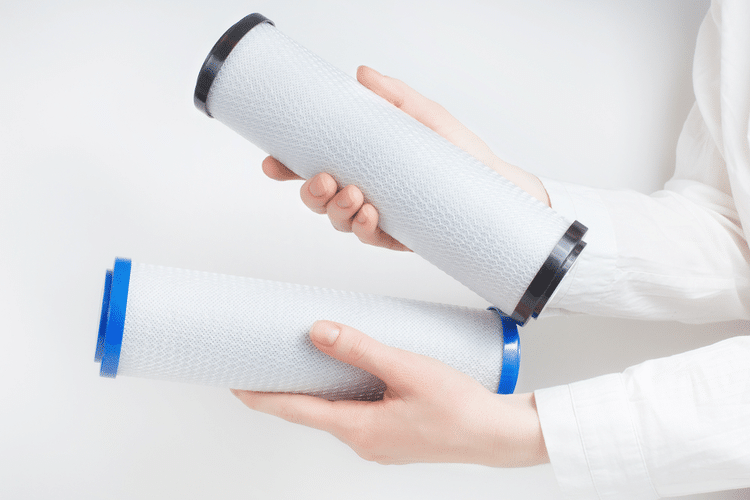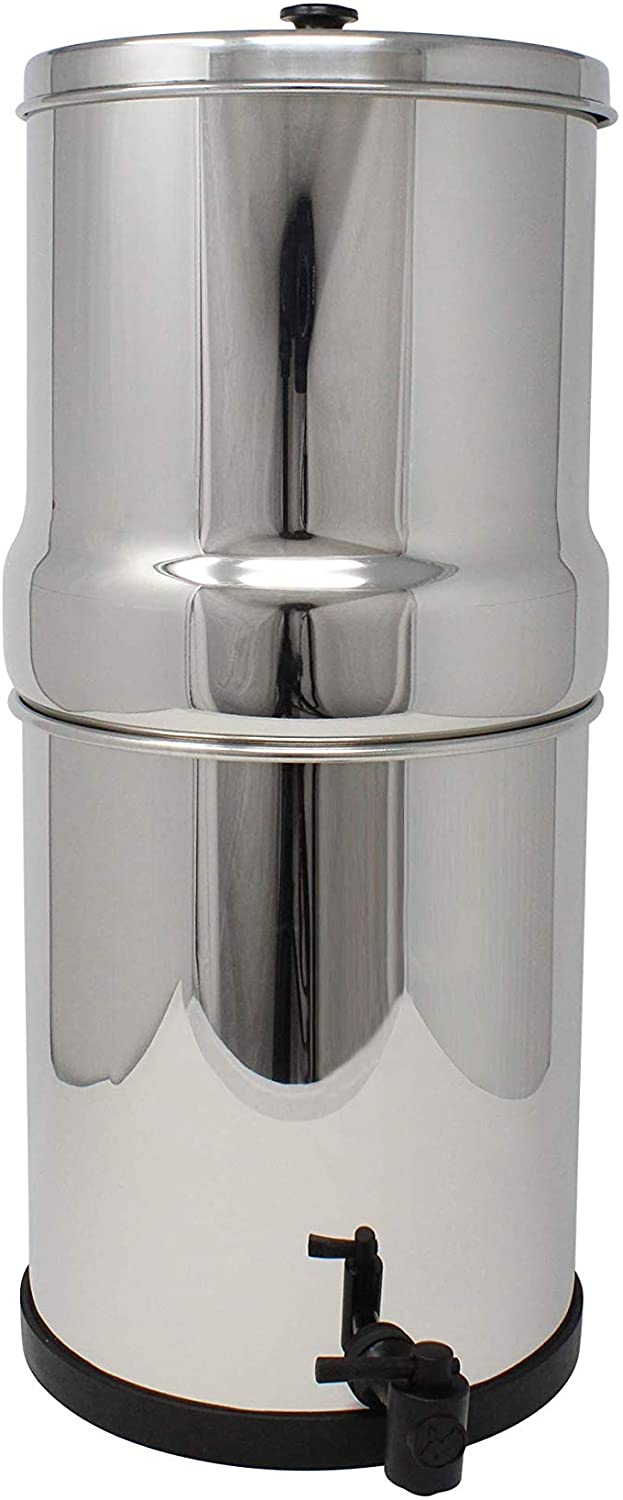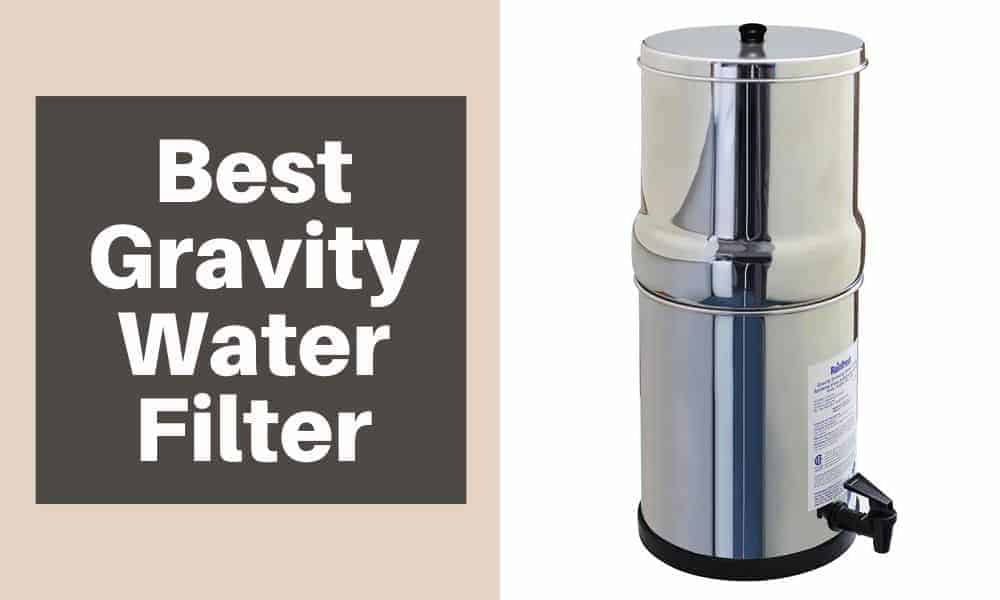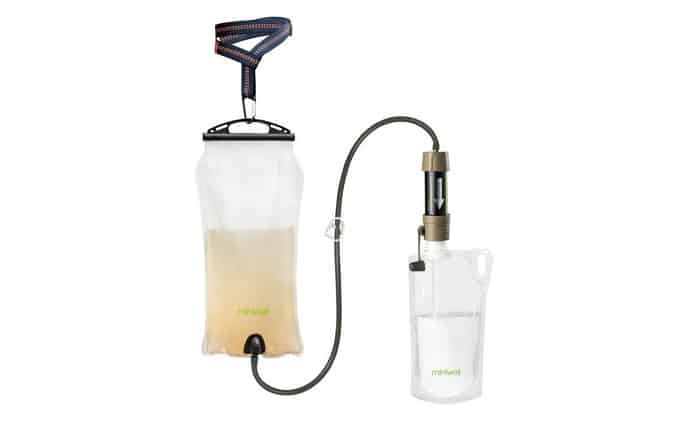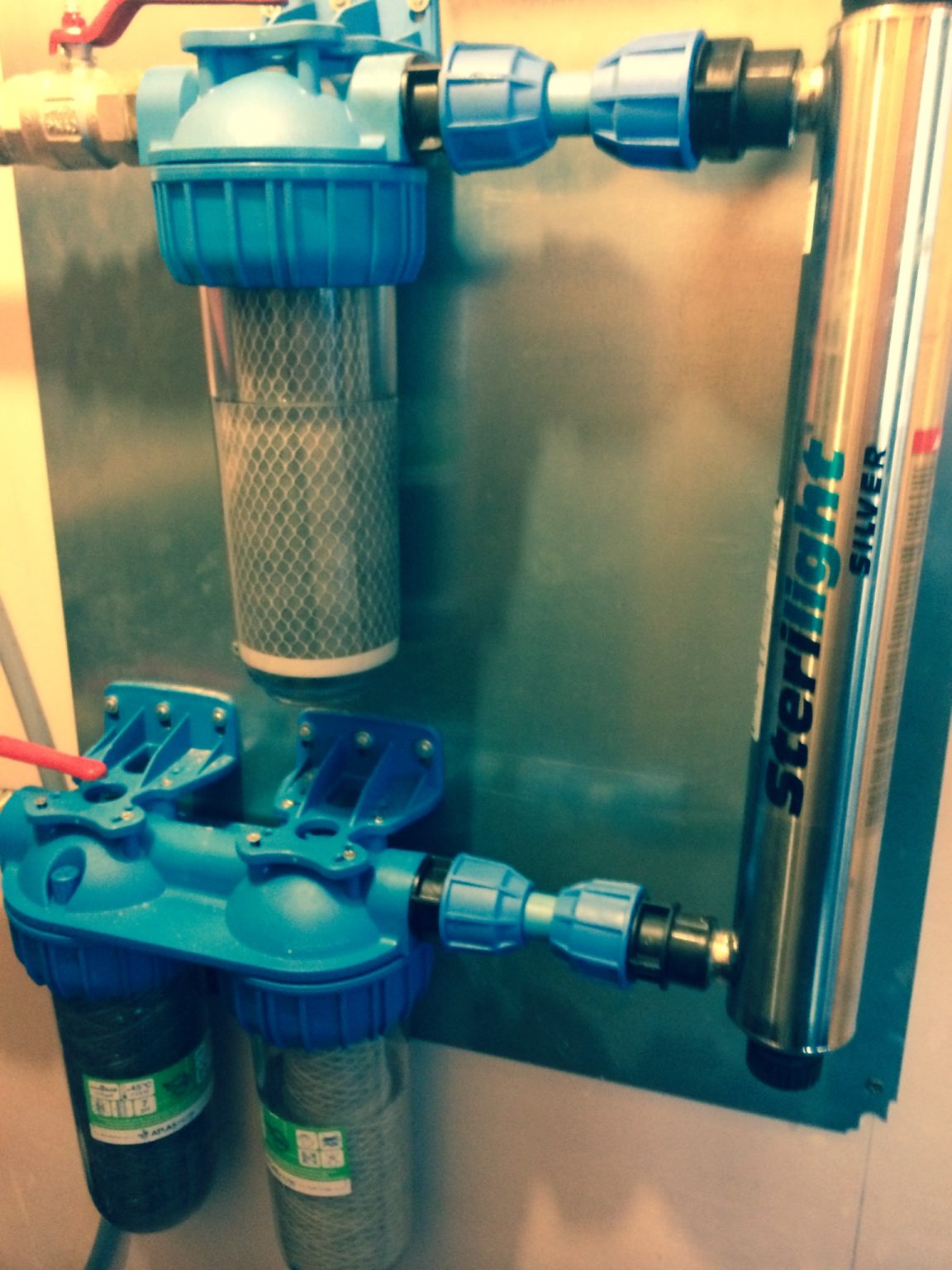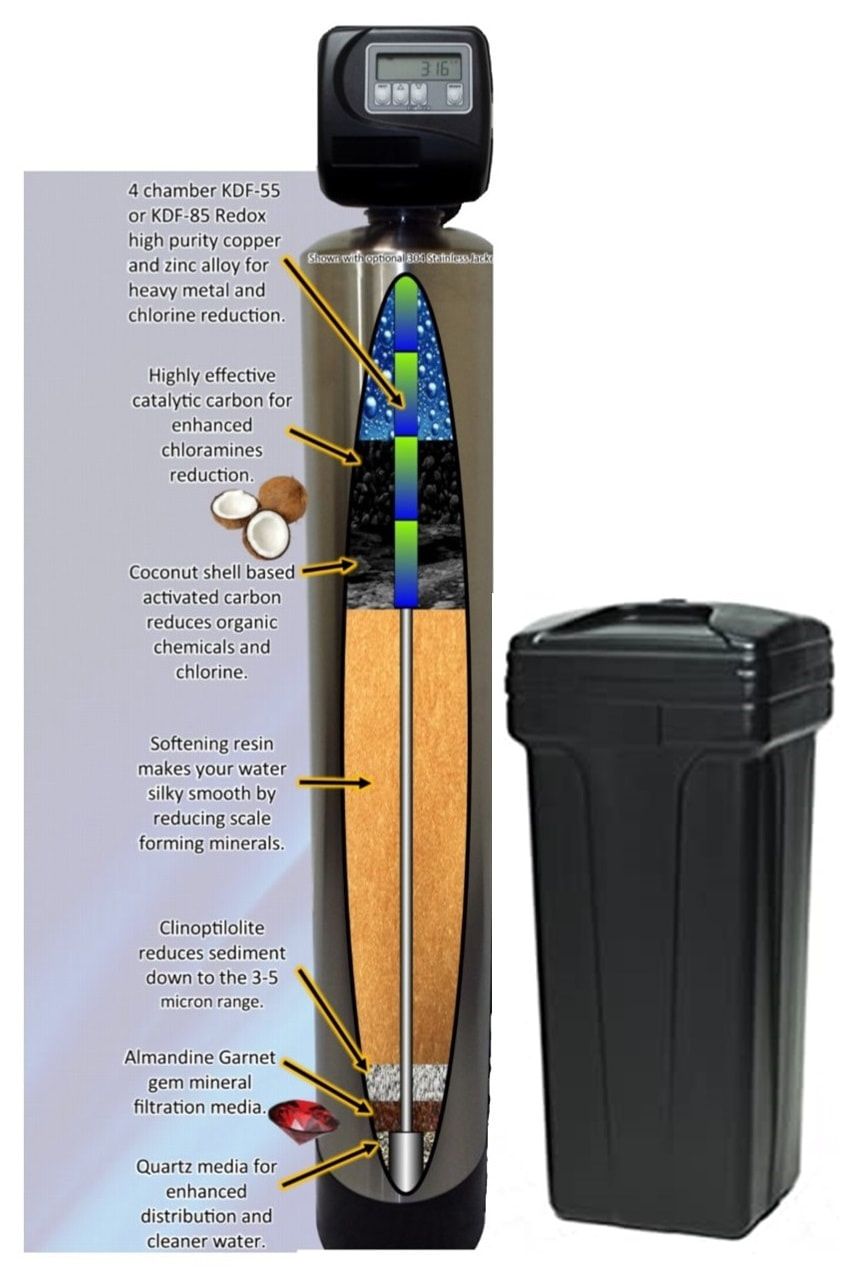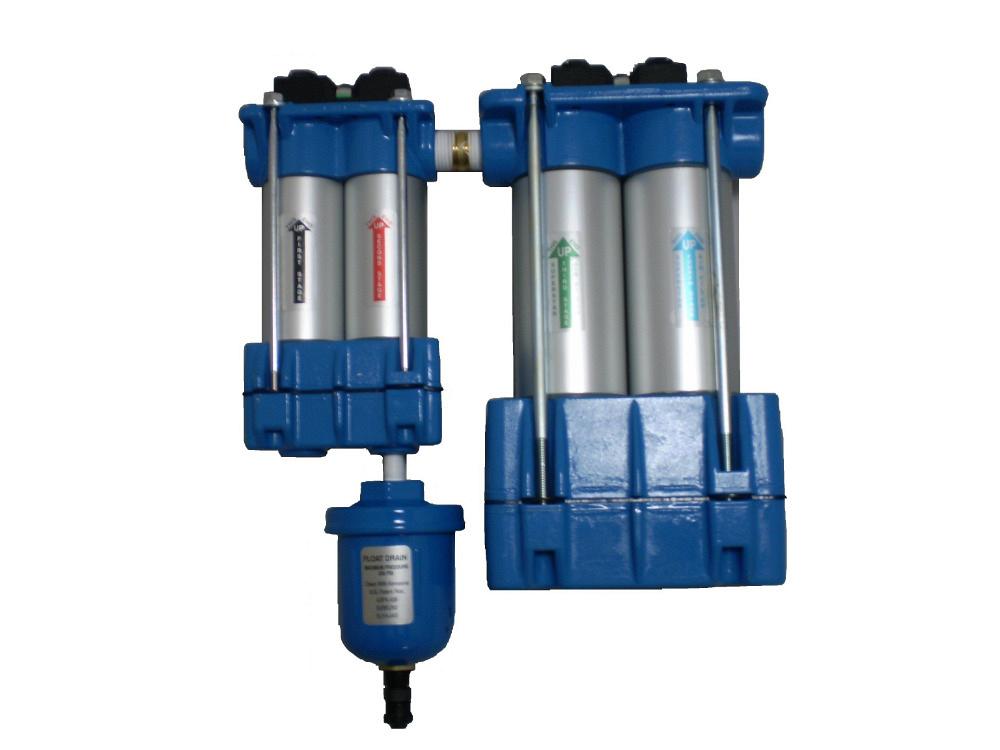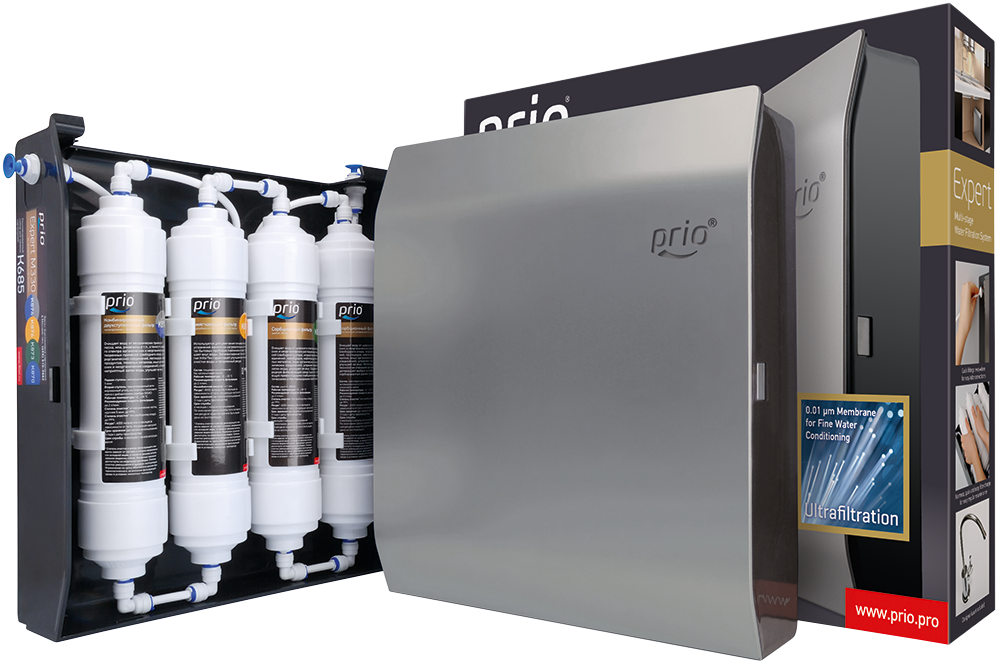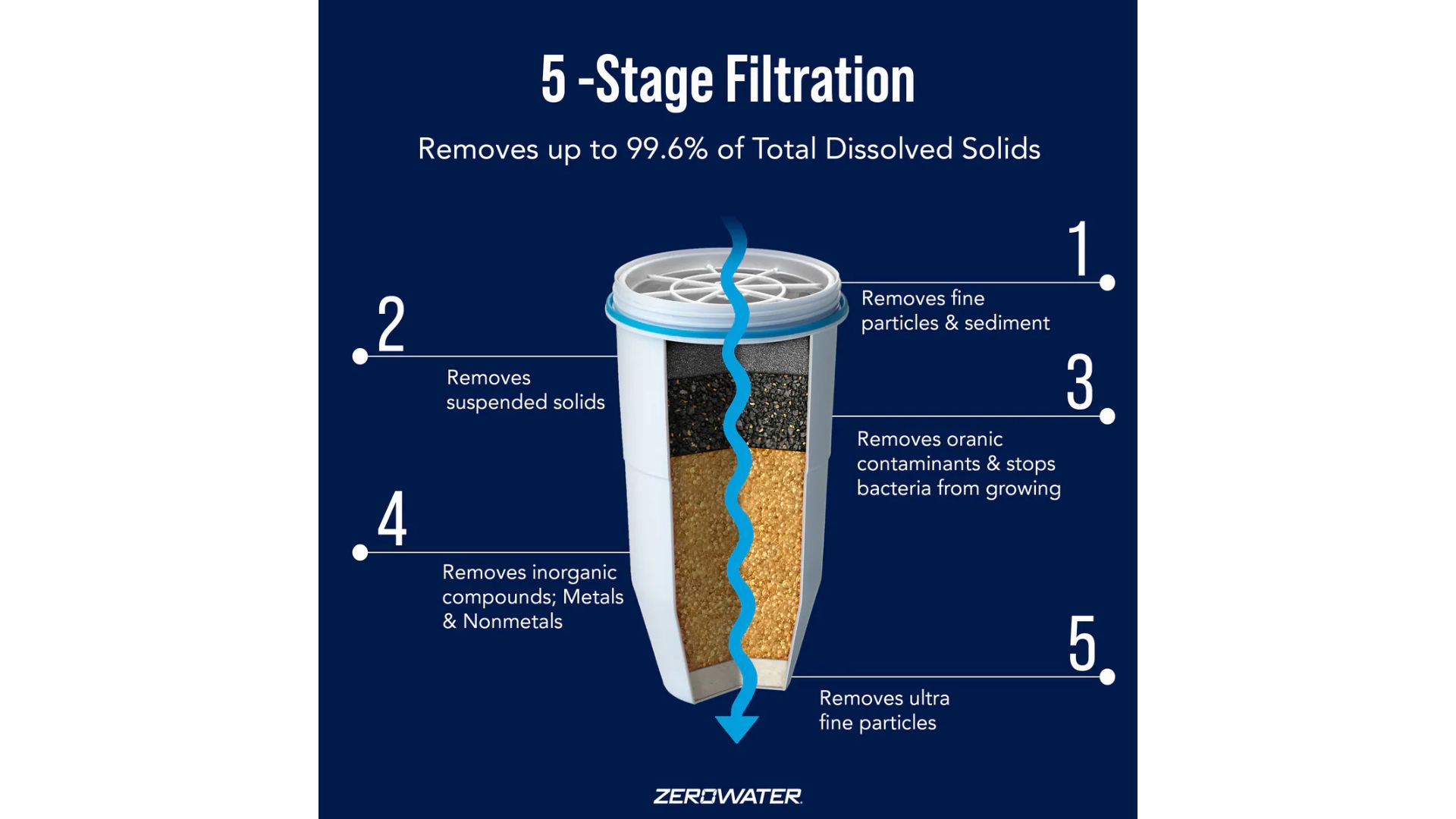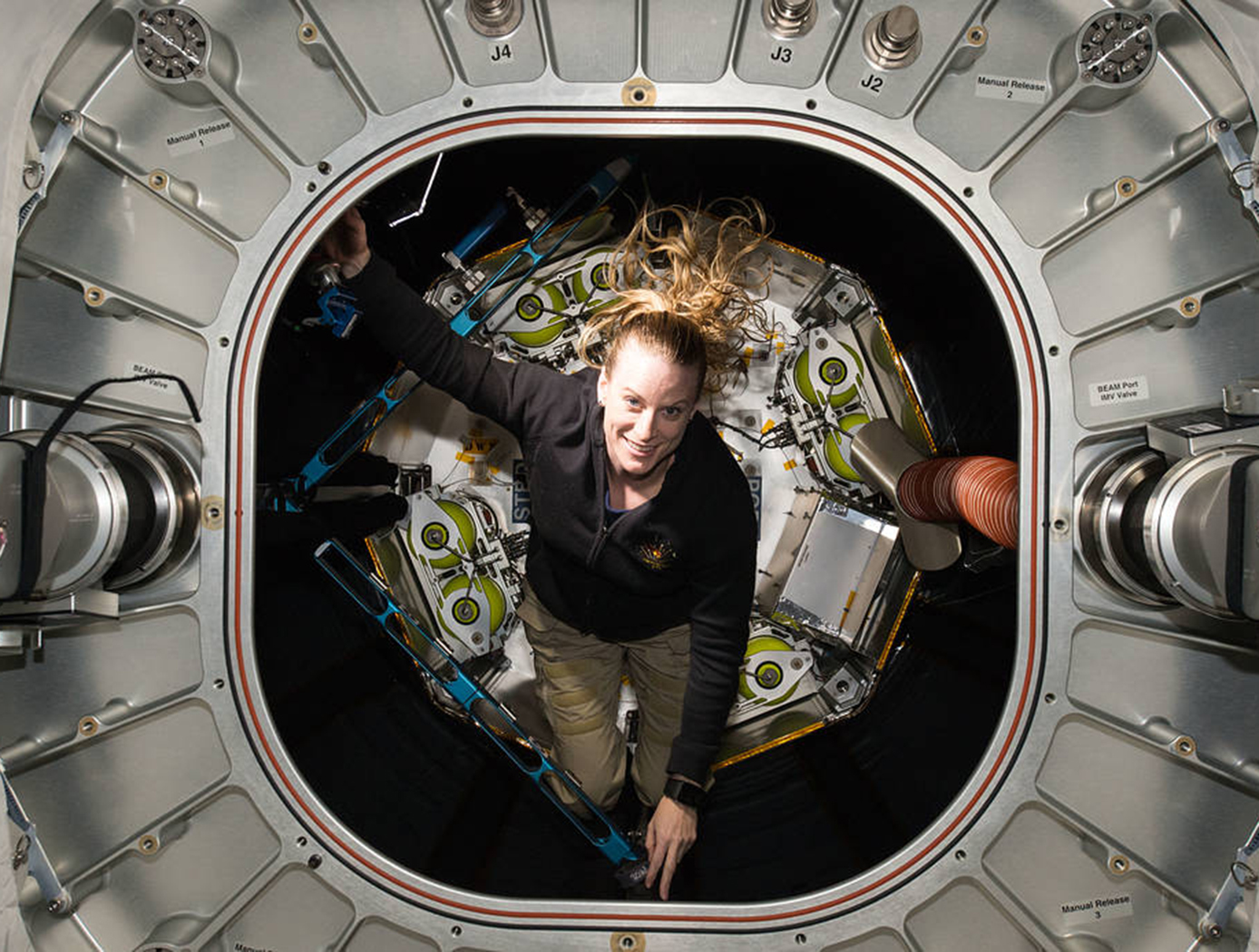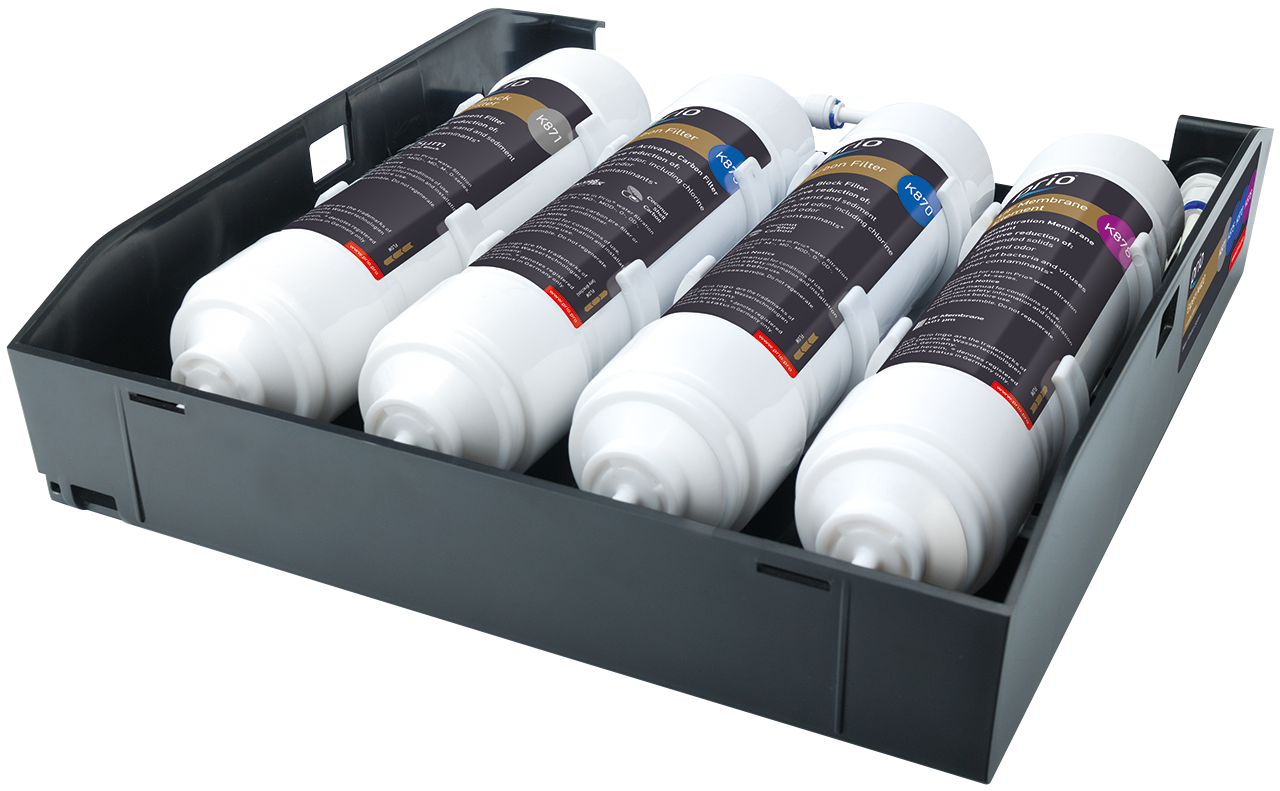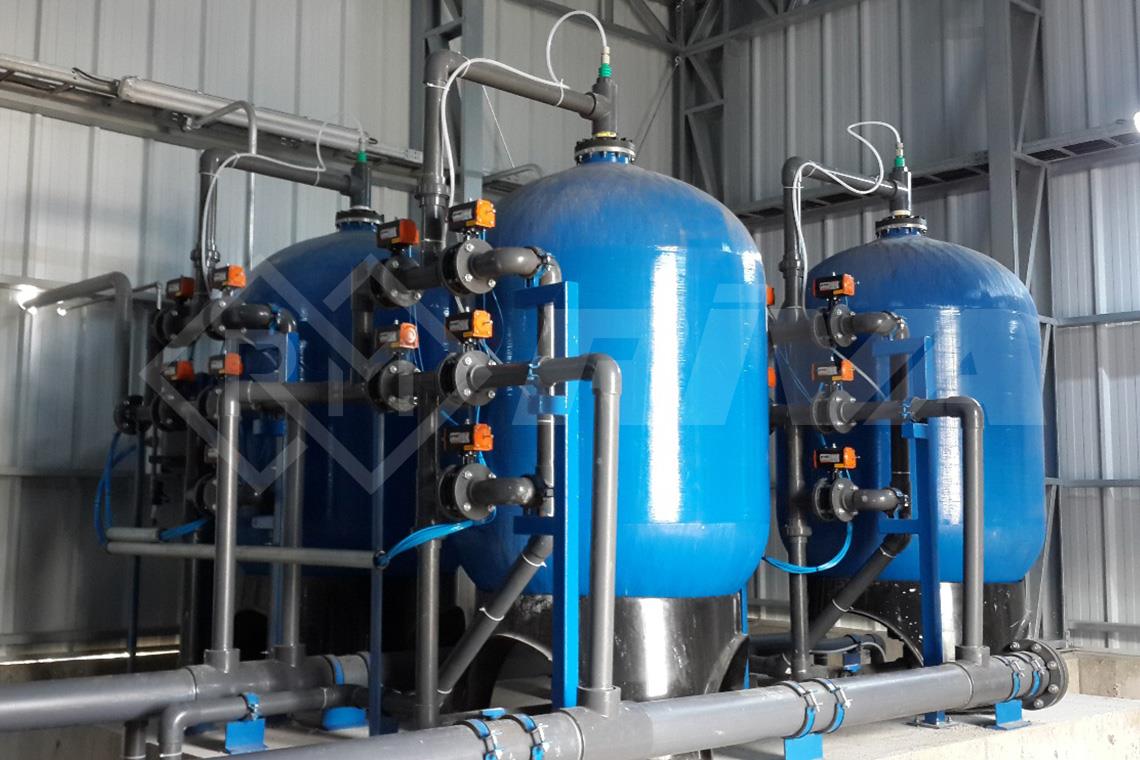If you're looking for a simple and effective way to purify your kitchen sink water, an under sink water filter may be the perfect solution. These filters are installed directly under your sink and work by removing impurities and contaminants from your tap water. They are a popular choice for those who want clean and safe drinking water without the hassle of a bulky filtration system. One of the main benefits of under sink water filters is their compact size. They don't take up much space under your sink and can easily fit into any kitchen layout. Plus, they are relatively easy to install and can be done without the help of a professional plumber. When it comes to filtration, under sink water filters are highly effective. They use a combination of activated carbon and sediment filters to remove impurities such as chlorine, lead, and other harmful chemicals. This results in clean and crisp-tasting water that is safe for you and your family to drink.1. Under Sink Water Filters
If you want the ultimate level of purification for your kitchen sink water, a reverse osmosis system may be the way to go. This system uses a multi-stage filtration process that removes even the smallest contaminants, including bacteria and viruses. While reverse osmosis systems are more expensive than other options, they are highly effective and can remove up to 99% of impurities from your water. They also come with a storage tank, which means you will always have a supply of purified water on hand. The downside to reverse osmosis systems is that they produce a lot of wastewater during the filtration process. However, many newer models now come with a permeate pump that helps to reduce the amount of water wasted.2. Reverse Osmosis Systems
Faucet water filters are an easy and convenient way to purify your kitchen sink water. These filters attach directly to your faucet and work by filtering the water as it flows through. They are a budget-friendly option and don't require any installation. One of the benefits of faucet water filters is their versatility. They come in a variety of styles and sizes, making it easy to find one that fits your specific faucet. They are also easy to switch out when it's time to replace the filter. Faucet water filters typically use a carbon block filter to remove impurities from the water. However, they may not be as effective as under sink or reverse osmosis systems, so they may not be the best choice for those who want the highest level of purification.3. Faucet Water Filters
Carbon block filters are a popular choice for those who want an effective and affordable way to purify their kitchen sink water. These filters use a specially designed activated carbon block to remove impurities from the water. They are highly effective at removing chlorine, sediment, and other chemicals, resulting in clean and great-tasting water. One of the benefits of carbon block filters is that they are compatible with most filtration systems, including under sink and countertop models. They are also easy to install and don't require any special tools. Plus, they are budget-friendly and easy to replace when it's time for a new filter. However, carbon block filters do have a shorter lifespan compared to other filtration methods and may need to be replaced more frequently.4. Carbon Block Filters
If you want a chemical-free way to purify your kitchen sink water, a UV water purifier may be the way to go. These systems use ultraviolet light to kill bacteria and other harmful microorganisms in your water. They are highly effective and do not alter the taste or smell of your water. One of the main benefits of UV water purifiers is their low maintenance. They don't require any filter replacements, and the only maintenance needed is to change the UV bulb once a year. They are also environmentally friendly, as they do not produce any wastewater. However, UV water purifiers are not effective at removing chemicals or sediment from the water. They are best used in combination with other filtration methods for the highest level of purification.5. UV Water Purifiers
Ceramic water filters are another chemical-free option for purifying your kitchen sink water. These filters use a porous ceramic material to trap impurities and bacteria, resulting in clean and safe drinking water. They are also highly effective at removing sediment and other particles from the water. One of the benefits of ceramic water filters is their long lifespan. They can last for several years with proper maintenance and only need to be cleaned periodically. They are also a budget-friendly option and do not require any electricity or plumbing to operate. However, ceramic water filters may not be as effective as other filtration methods for removing chemicals and heavy metals from the water.6. Ceramic Water Filters
Distillation systems are another effective way to purify your kitchen sink water. These systems work by boiling the water and then condensing the steam back into water, leaving behind impurities and contaminants. They are highly effective at removing bacteria, viruses, and heavy metals from the water. One of the benefits of distillation systems is that they produce pure, clean water that is free of any impurities. They are also relatively low maintenance and do not require any filter replacements. However, they do use a lot of electricity and can be expensive to operate. Distillation systems may also remove some beneficial minerals from the water, so it's important to make sure you are getting enough minerals from other sources.7. Distillation Systems
Ion exchange filters are a popular choice for those who want to reduce the hardness of their kitchen sink water. These filters use a resin to exchange hard minerals, such as calcium and magnesium, for softer minerals, such as sodium or potassium. This results in softer water that is more gentle on your skin and appliances. One of the benefits of ion exchange filters is that they can help to extend the lifespan of your appliances by reducing the buildup of limescale. They are also easy to install and require minimal maintenance. However, ion exchange filters do not remove any other impurities or contaminants from the water, so they may not be the best choice for those who want a high level of purification.8. Ion Exchange Filters
Gravity water filters are a convenient and portable option for purifying your kitchen sink water. These filters use activated carbon or ceramic elements to remove impurities from the water. They are easy to use and do not require any electricity or plumbing. One of the benefits of gravity water filters is their portability. They are great for camping or traveling and can easily be packed up and taken with you wherever you go. They are also budget-friendly and require minimal maintenance. However, gravity water filters may not be as effective as other filtration methods for removing certain contaminants, so they may not be the best choice for those with specific water concerns.9. Gravity Water Filters
For the ultimate level of purification, a multi-stage filtration system may be the way to go. These systems combine different filtration methods, such as carbon block, reverse osmosis, and UV, to remove a wide range of impurities and contaminants from your kitchen sink water. One of the main benefits of multi-stage filtration systems is their ability to remove a variety of impurities and contaminants, resulting in clean and safe drinking water. They are also highly effective and can provide the highest level of purification. However, these systems can be expensive and may require professional installation. They also may require more maintenance and filter replacements compared to other options. With so many options available, there is no shortage of ways to purify your kitchen sink water. Whether you want a simple and budget-friendly option or the highest level of purification, there is a water filtration system that will meet your needs and provide you with clean and safe drinking water.10. Multi-Stage Filtration Systems
Efficient and Cost-Effective Water Purification with a Kitchen Sink

The Need for Clean and Safe Water in Every Household
 With the increasing concerns over water pollution and the potential health risks associated with it, having access to clean and safe drinking water has become a top priority for many households. The kitchen, being the heart of the home, is the primary area where water is used for cooking, drinking, and cleaning. Therefore, having a reliable and efficient water purification system in the kitchen is essential for maintaining a healthy and hygienic household.
With the increasing concerns over water pollution and the potential health risks associated with it, having access to clean and safe drinking water has become a top priority for many households. The kitchen, being the heart of the home, is the primary area where water is used for cooking, drinking, and cleaning. Therefore, having a reliable and efficient water purification system in the kitchen is essential for maintaining a healthy and hygienic household.
The Innovative Solution: Water Purification Kitchen Sink
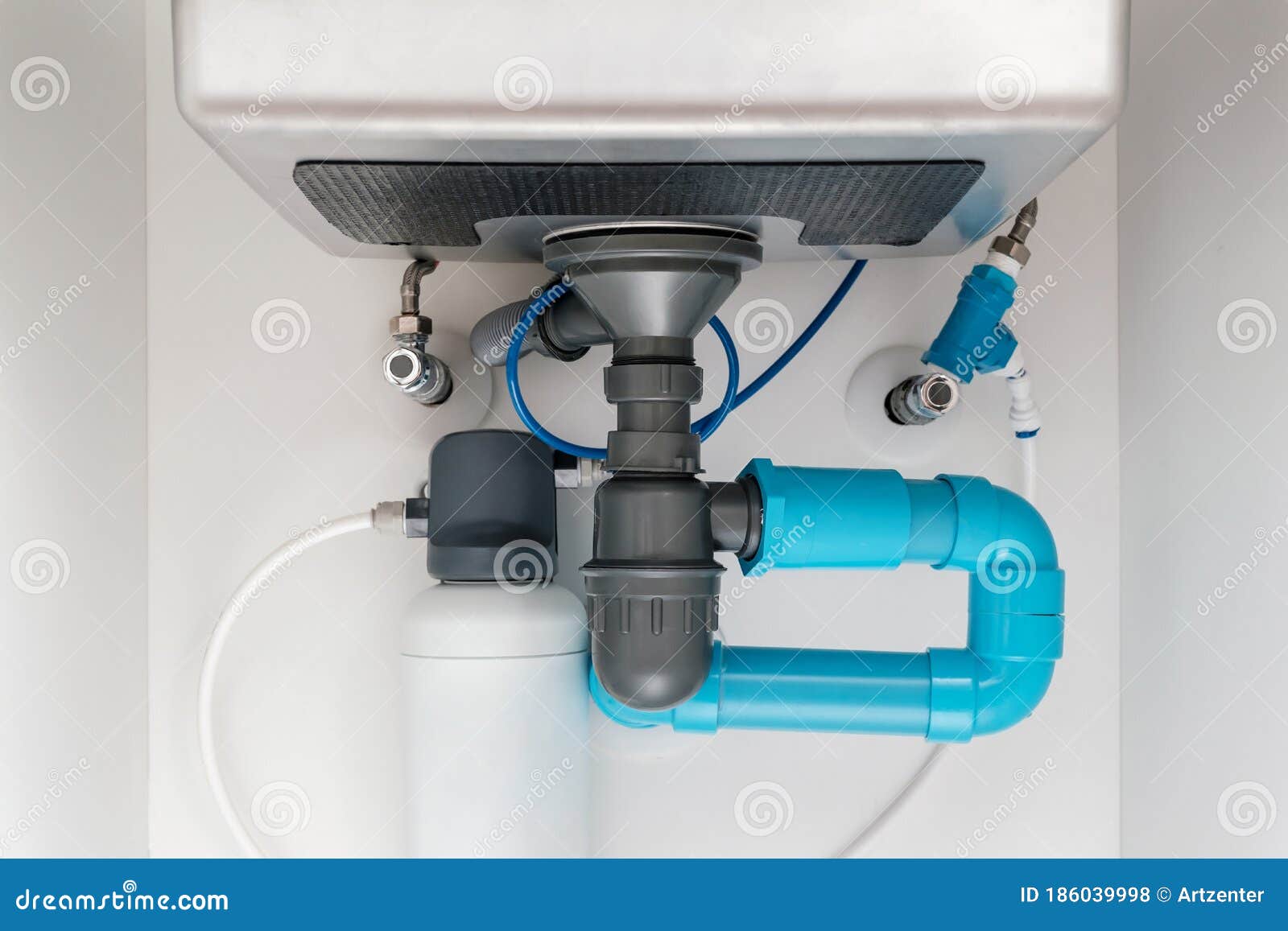 Traditionally, water purification systems require a separate unit or a large filter attached to the faucet. However, with the advancement of technology, a more convenient and space-saving solution has emerged – the water purification kitchen sink. This innovative design combines the functionality of a kitchen sink with a built-in water filter, providing a seamless and efficient way to purify water directly from the tap.
Traditionally, water purification systems require a separate unit or a large filter attached to the faucet. However, with the advancement of technology, a more convenient and space-saving solution has emerged – the water purification kitchen sink. This innovative design combines the functionality of a kitchen sink with a built-in water filter, providing a seamless and efficient way to purify water directly from the tap.
How it Works
 The water purification kitchen sink is equipped with a
filtration system
that utilizes multiple stages to remove impurities from the water. The first stage usually consists of a
sediment filter
that traps larger particles such as dirt, sand, and rust. The second stage involves a
carbon filter
that effectively removes chemicals, chlorine, and other contaminants that affect the taste and smell of the water. Finally, the third stage uses a
reverse osmosis membrane
to remove any remaining impurities, including bacteria and viruses, ensuring that the water is safe for consumption.
The water purification kitchen sink is equipped with a
filtration system
that utilizes multiple stages to remove impurities from the water. The first stage usually consists of a
sediment filter
that traps larger particles such as dirt, sand, and rust. The second stage involves a
carbon filter
that effectively removes chemicals, chlorine, and other contaminants that affect the taste and smell of the water. Finally, the third stage uses a
reverse osmosis membrane
to remove any remaining impurities, including bacteria and viruses, ensuring that the water is safe for consumption.
Benefits of a Water Purification Kitchen Sink
 Aside from providing clean and safe water, there are several other benefits to having a water purification kitchen sink in your home. Firstly, it eliminates the need for purchasing bottled water, saving you money in the long run. Additionally, it reduces plastic waste, making it an eco-friendly choice. The compact design also saves counter space and eliminates the need for a separate filtration unit, making it a convenient option for smaller kitchens.
Aside from providing clean and safe water, there are several other benefits to having a water purification kitchen sink in your home. Firstly, it eliminates the need for purchasing bottled water, saving you money in the long run. Additionally, it reduces plastic waste, making it an eco-friendly choice. The compact design also saves counter space and eliminates the need for a separate filtration unit, making it a convenient option for smaller kitchens.
Conclusion
 A
water purification kitchen sink
is a game-changing addition to any household. It not only provides clean and safe drinking water but also offers a cost-effective and environmentally-friendly solution. With its innovative design and advanced filtration system, it is a must-have for any modern kitchen. Invest in a water purification kitchen sink today and enjoy the benefits of having clean and healthy water at your fingertips.
A
water purification kitchen sink
is a game-changing addition to any household. It not only provides clean and safe drinking water but also offers a cost-effective and environmentally-friendly solution. With its innovative design and advanced filtration system, it is a must-have for any modern kitchen. Invest in a water purification kitchen sink today and enjoy the benefits of having clean and healthy water at your fingertips.

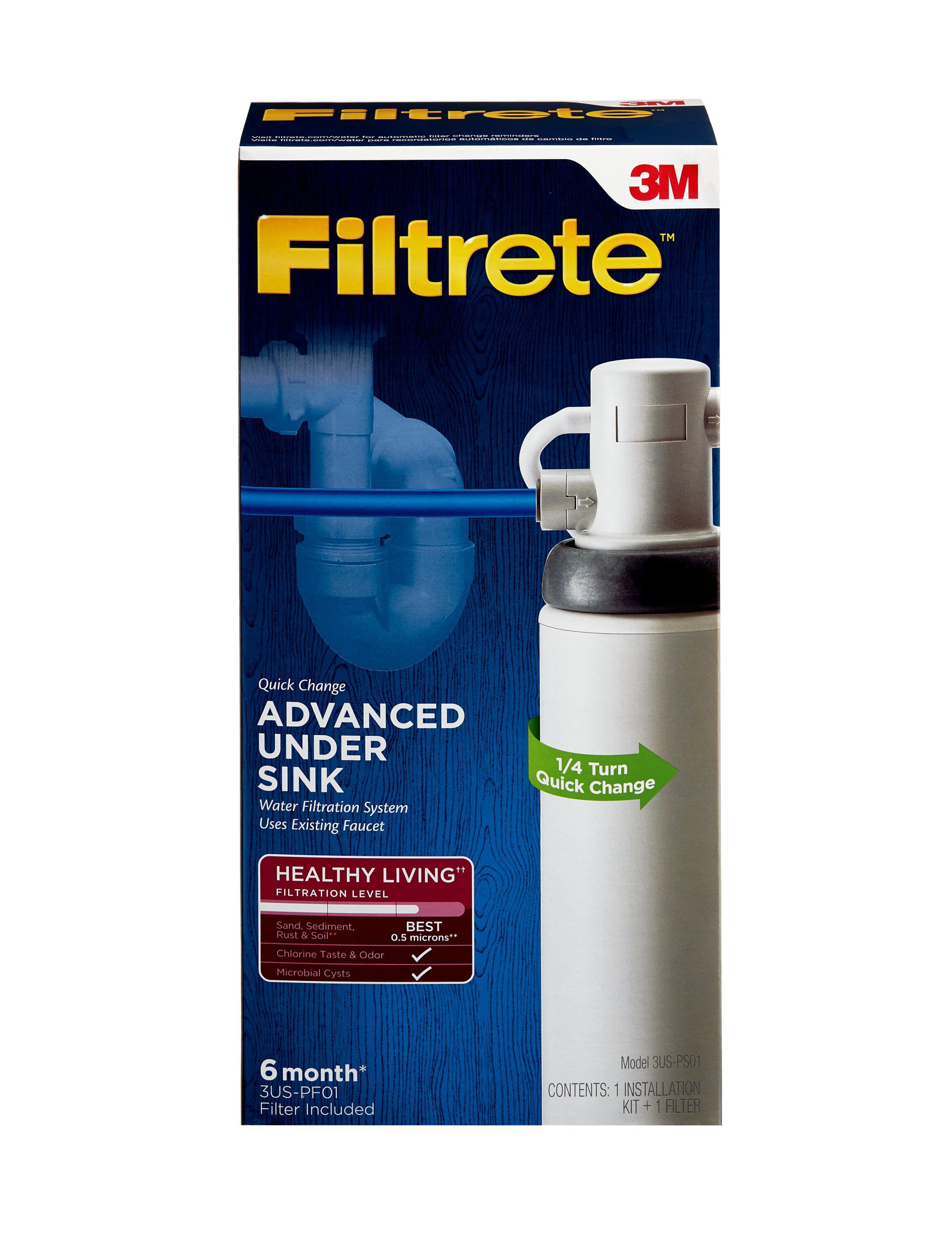


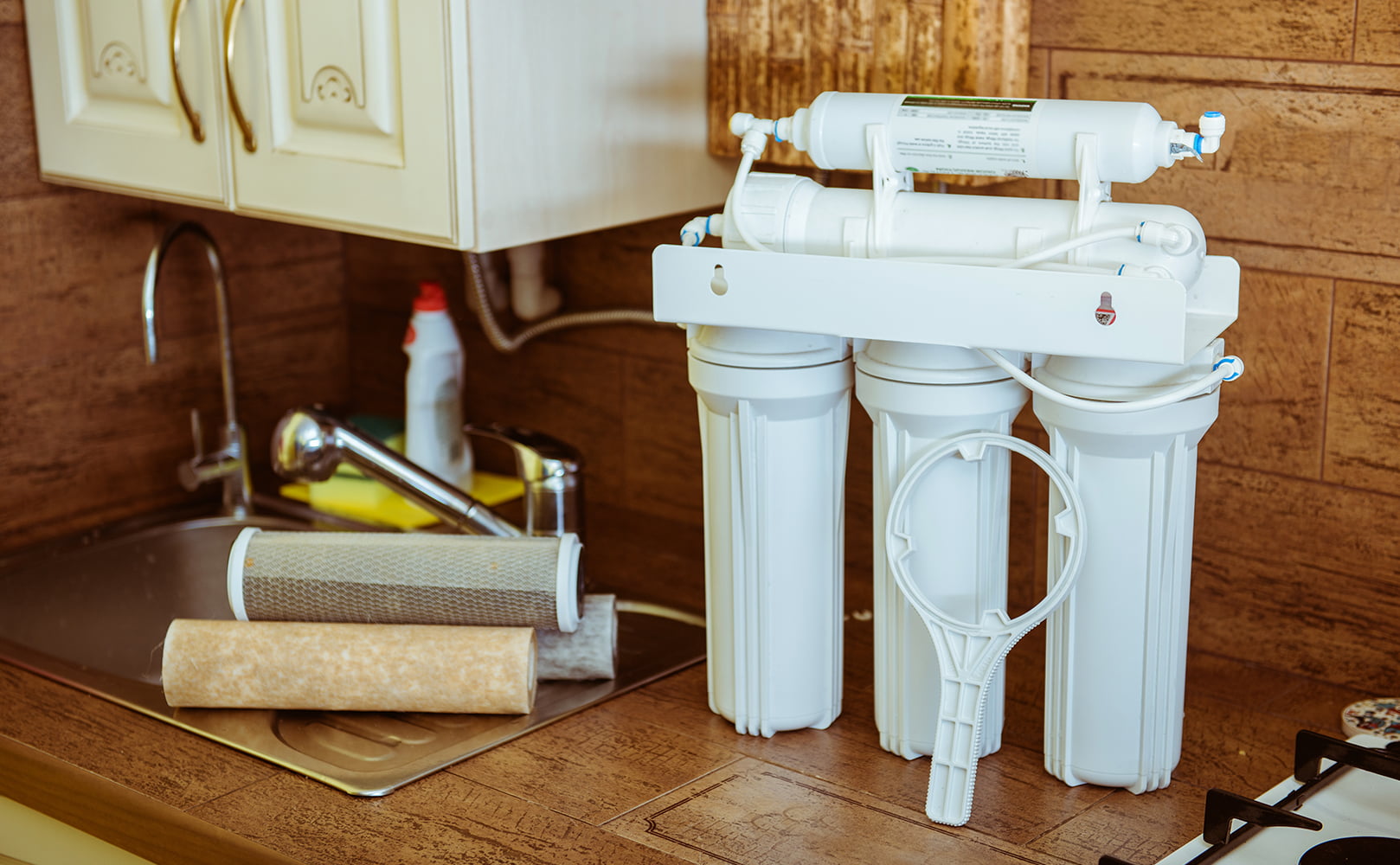
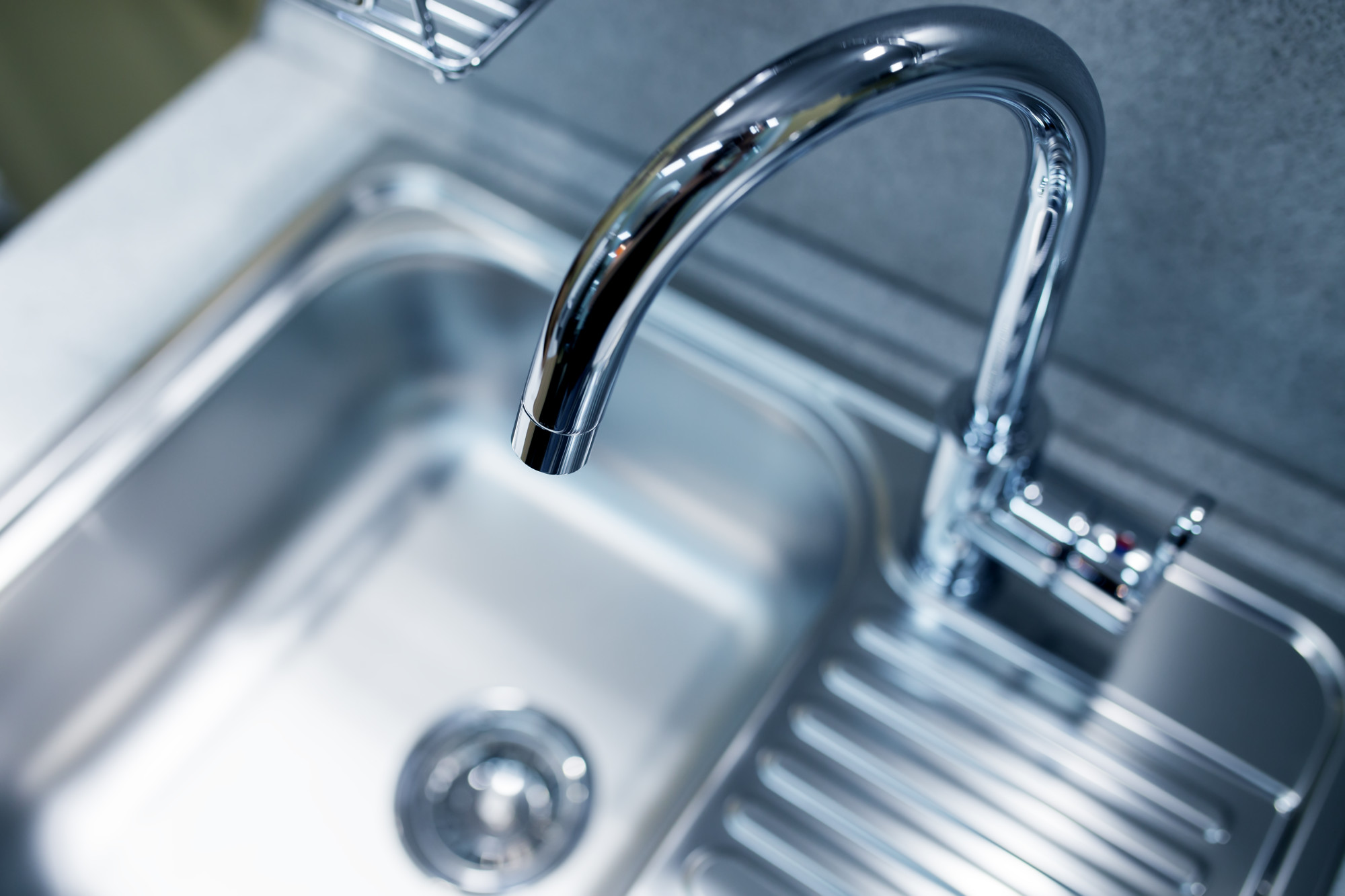
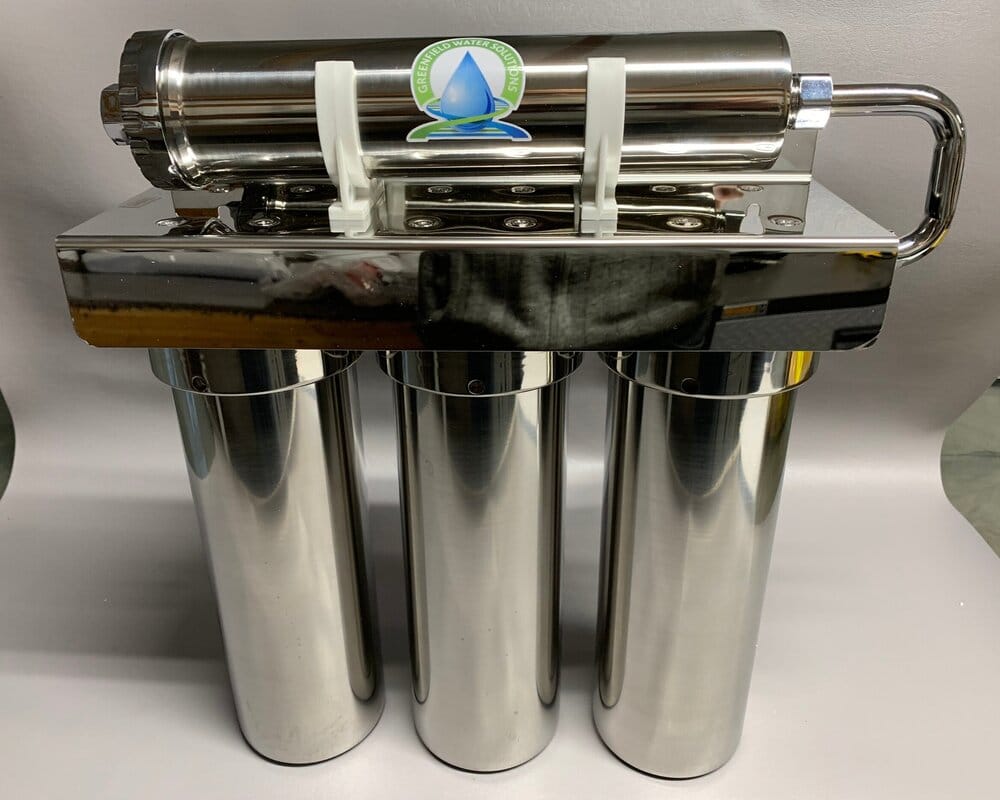

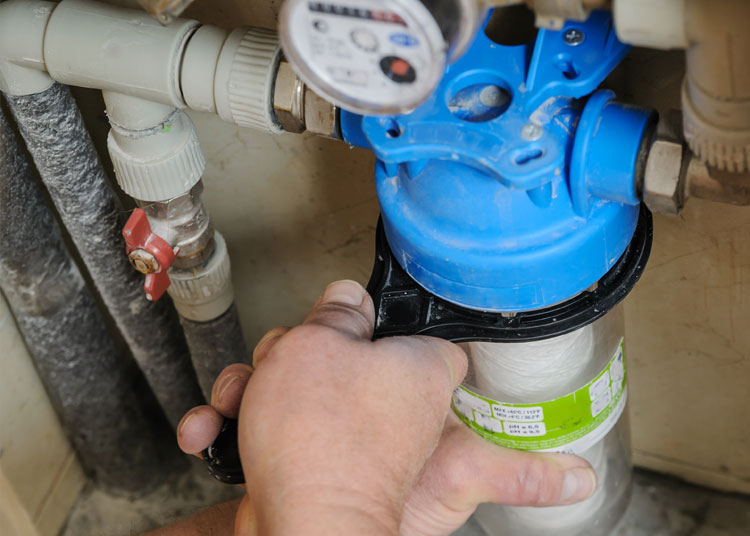
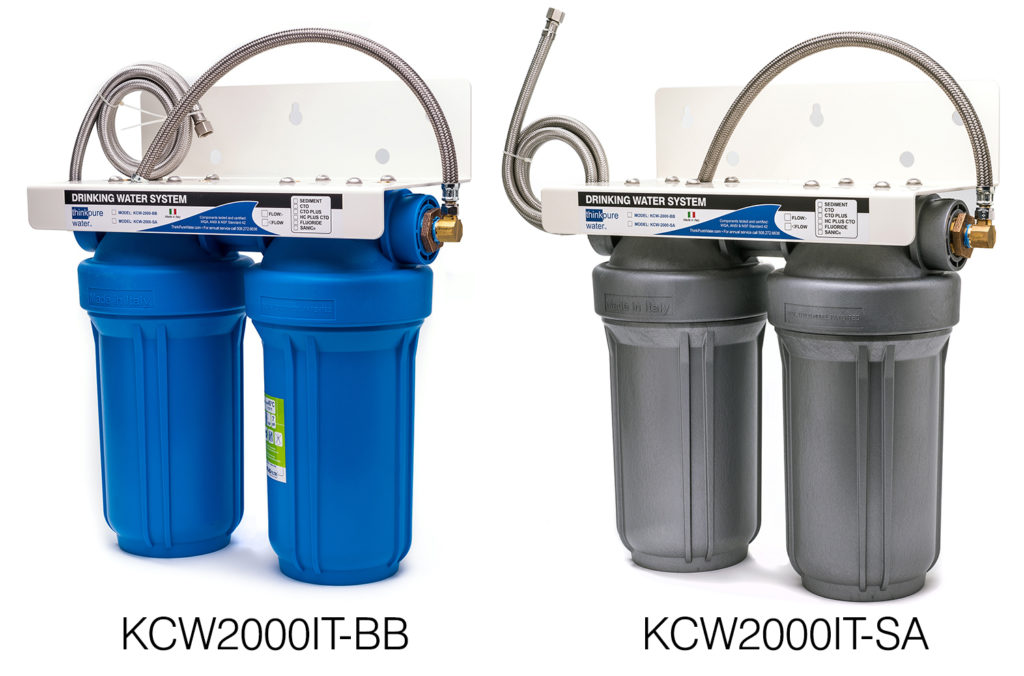
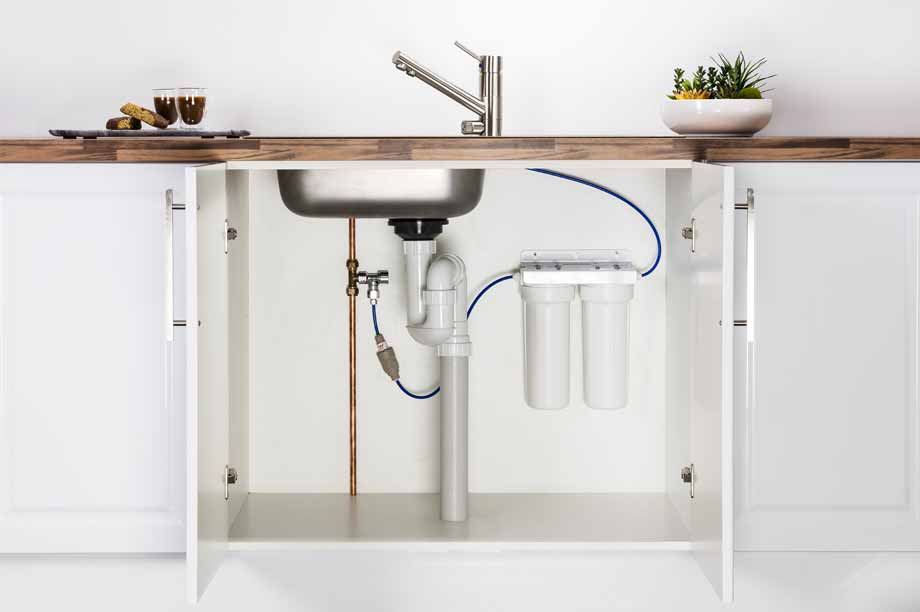

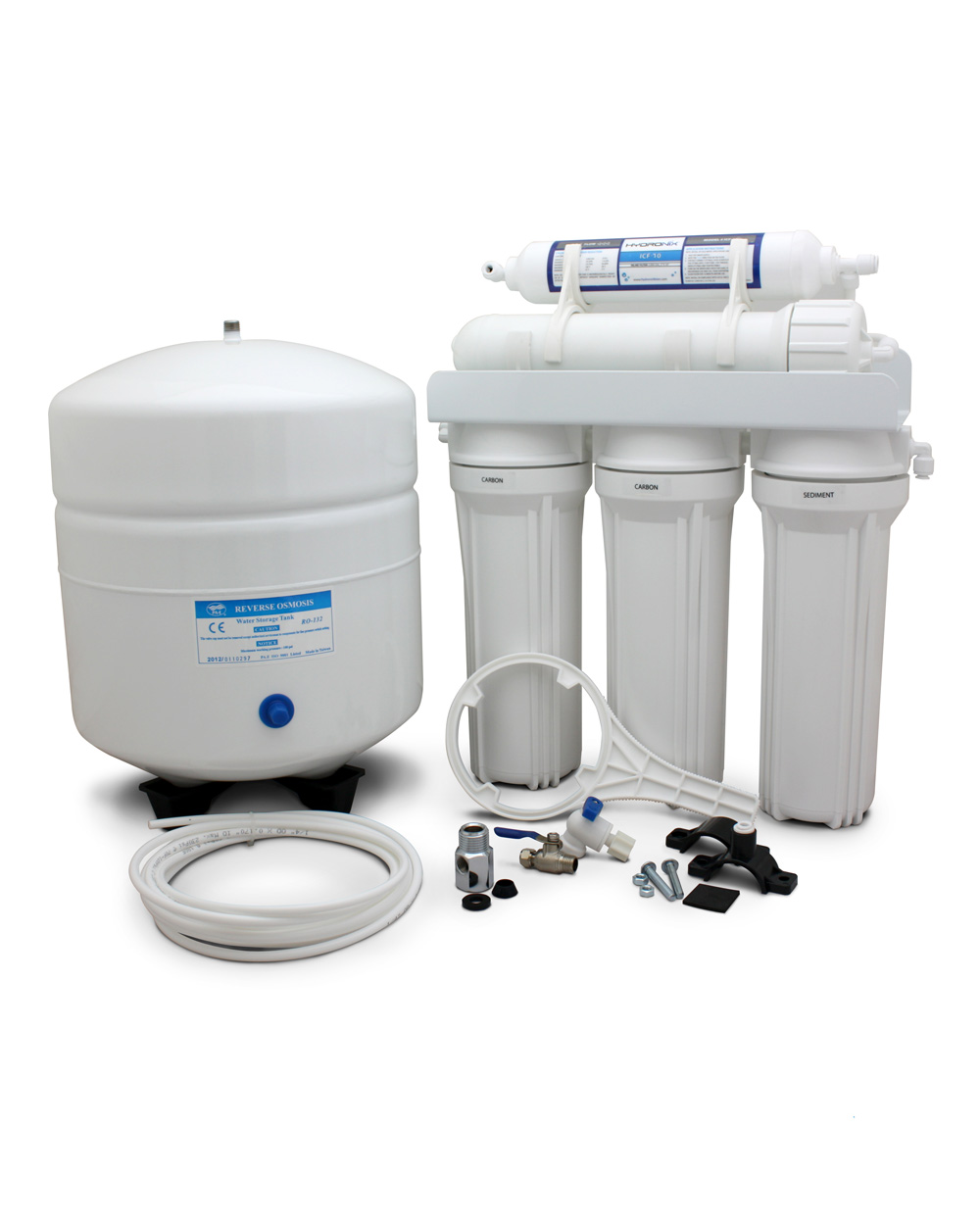

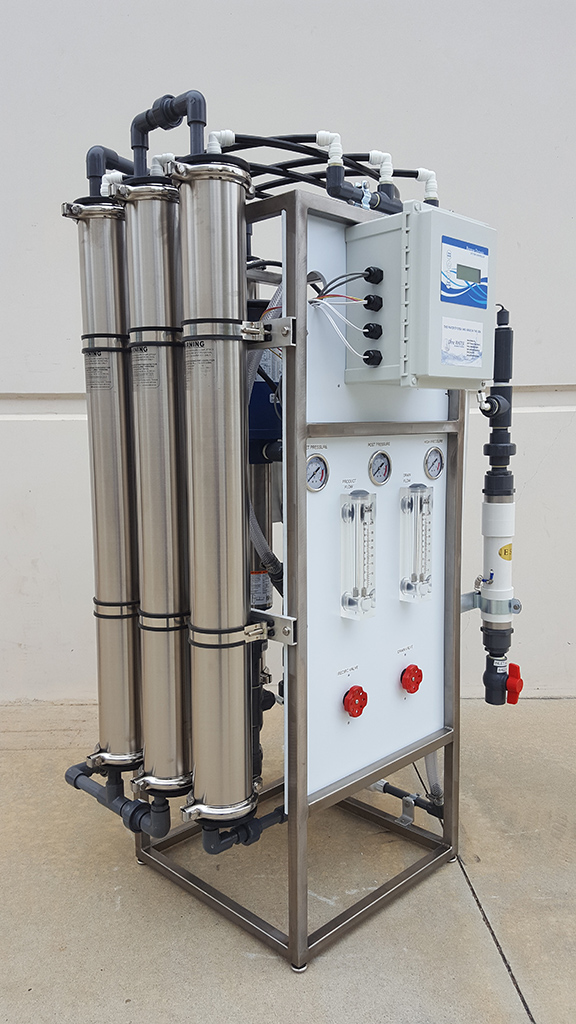

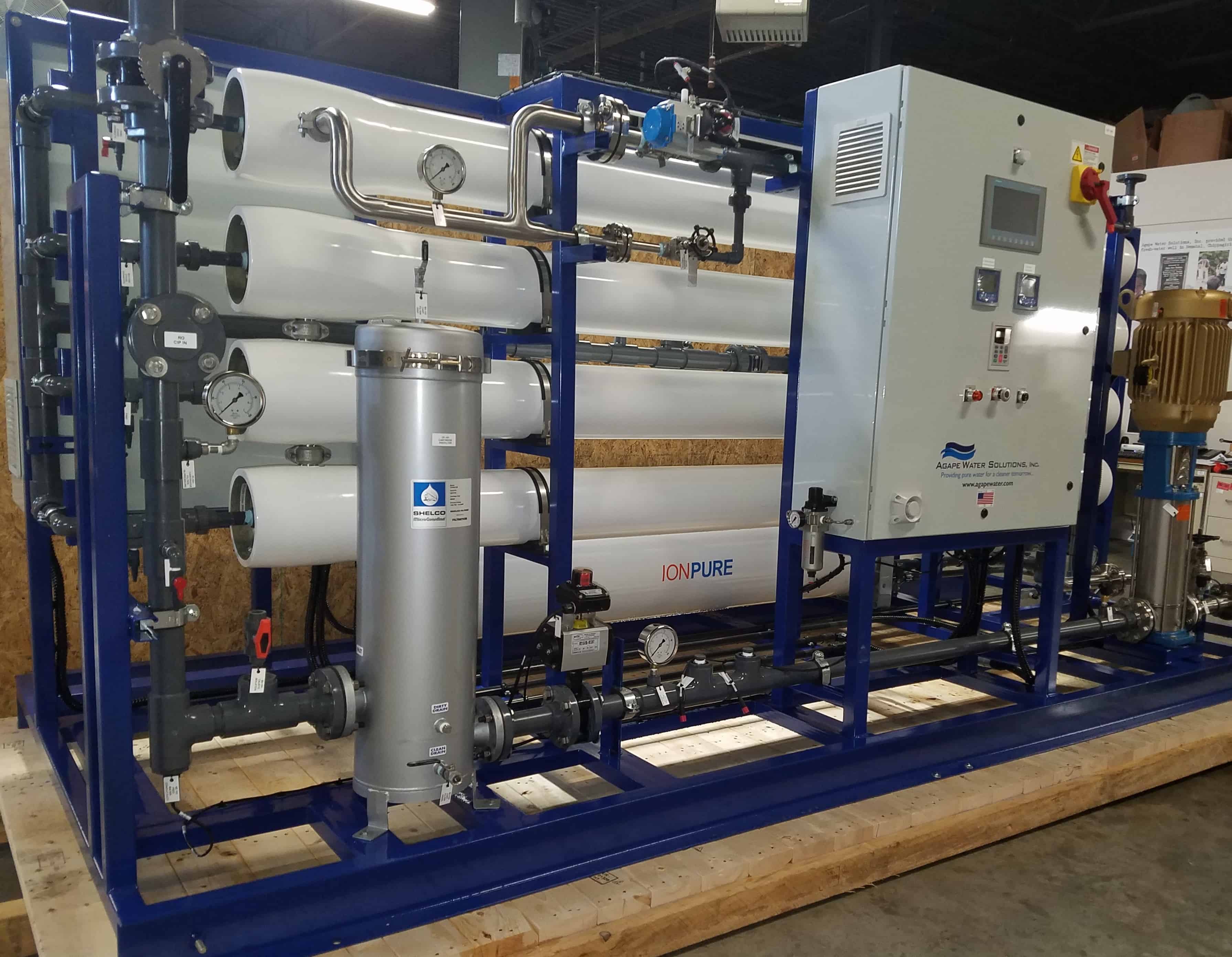



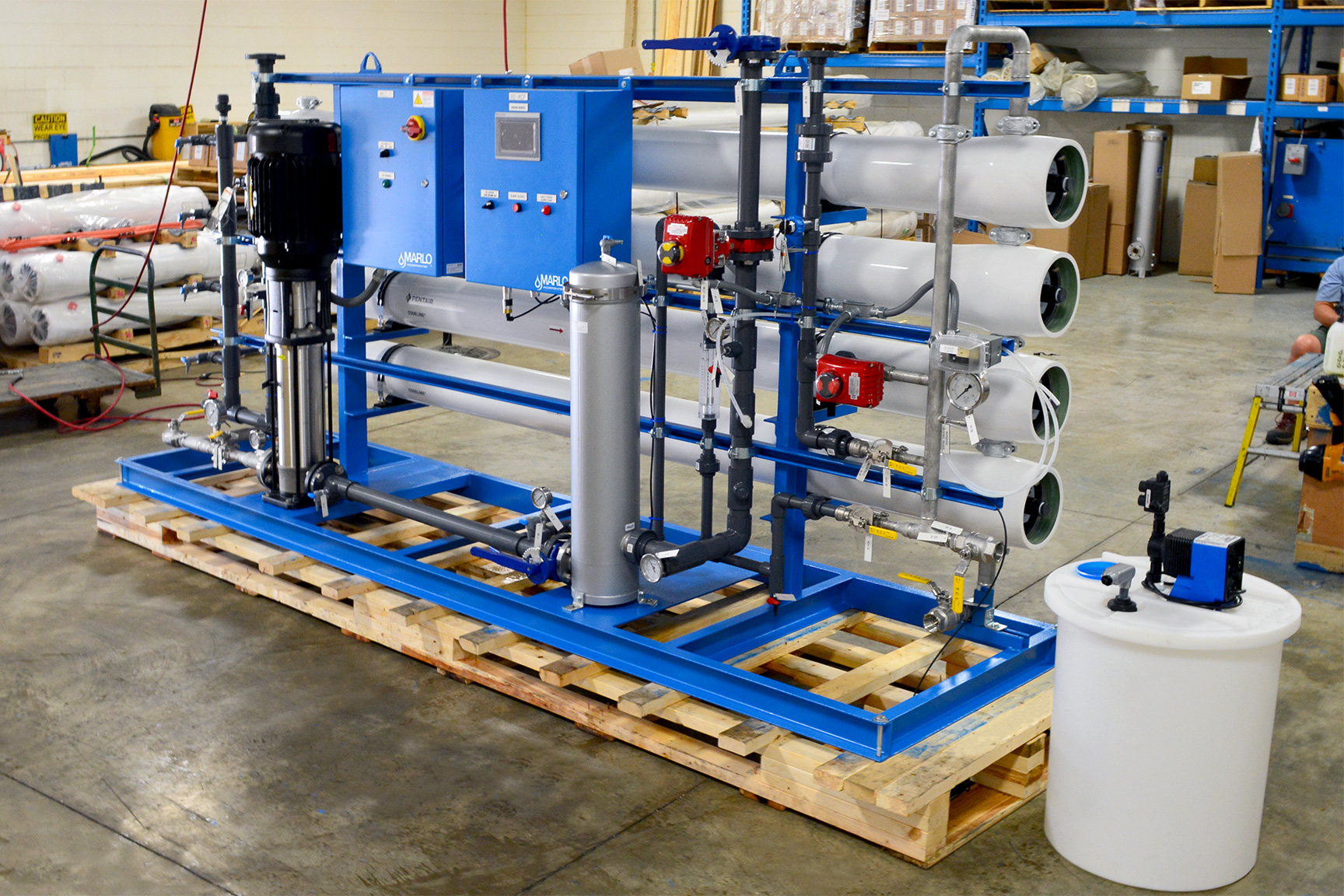
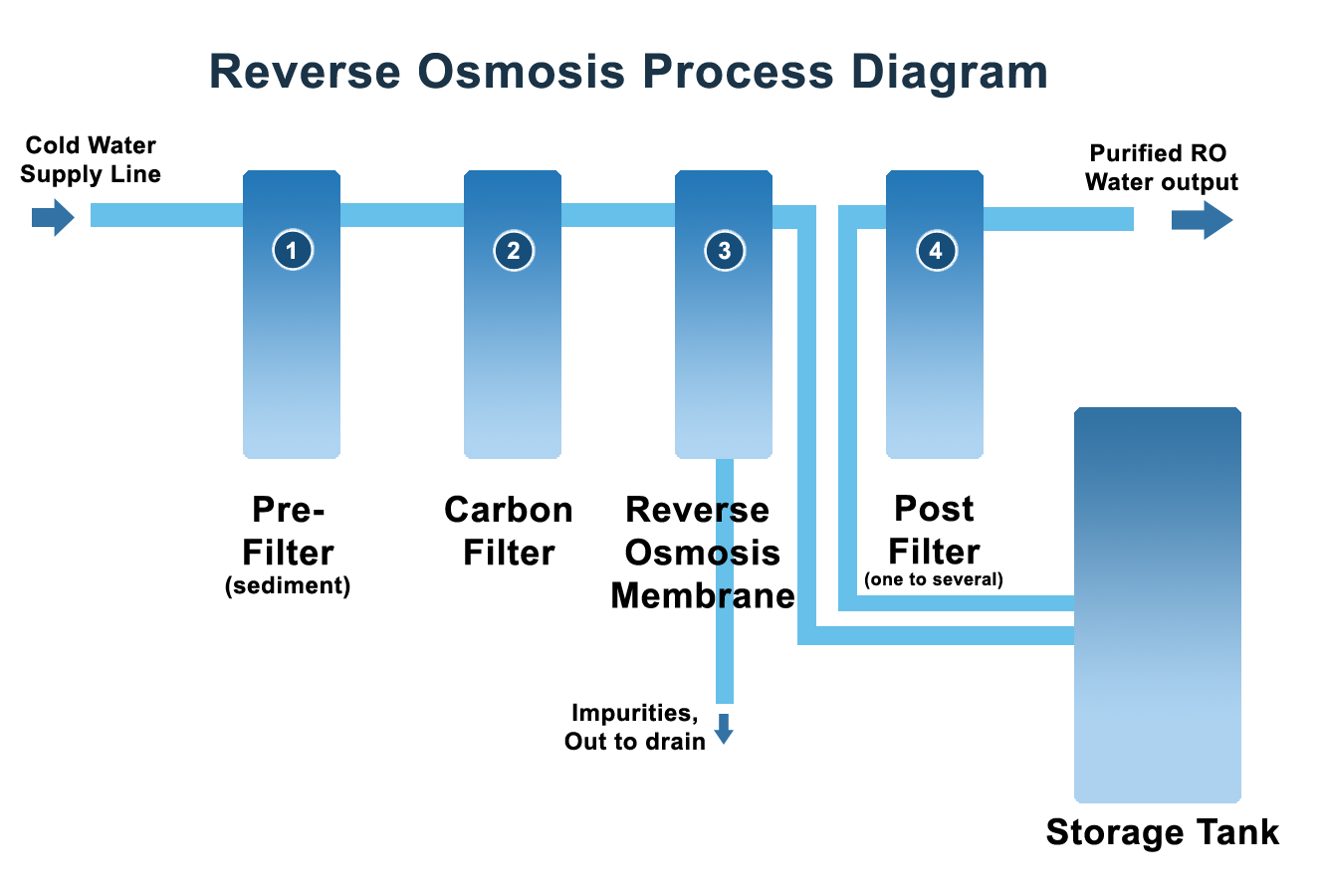
/best-reverse-osmosis-systems-4586893-jay-wilde-b88c627b82da4a93827ca422b1ad9b8e.jpg)


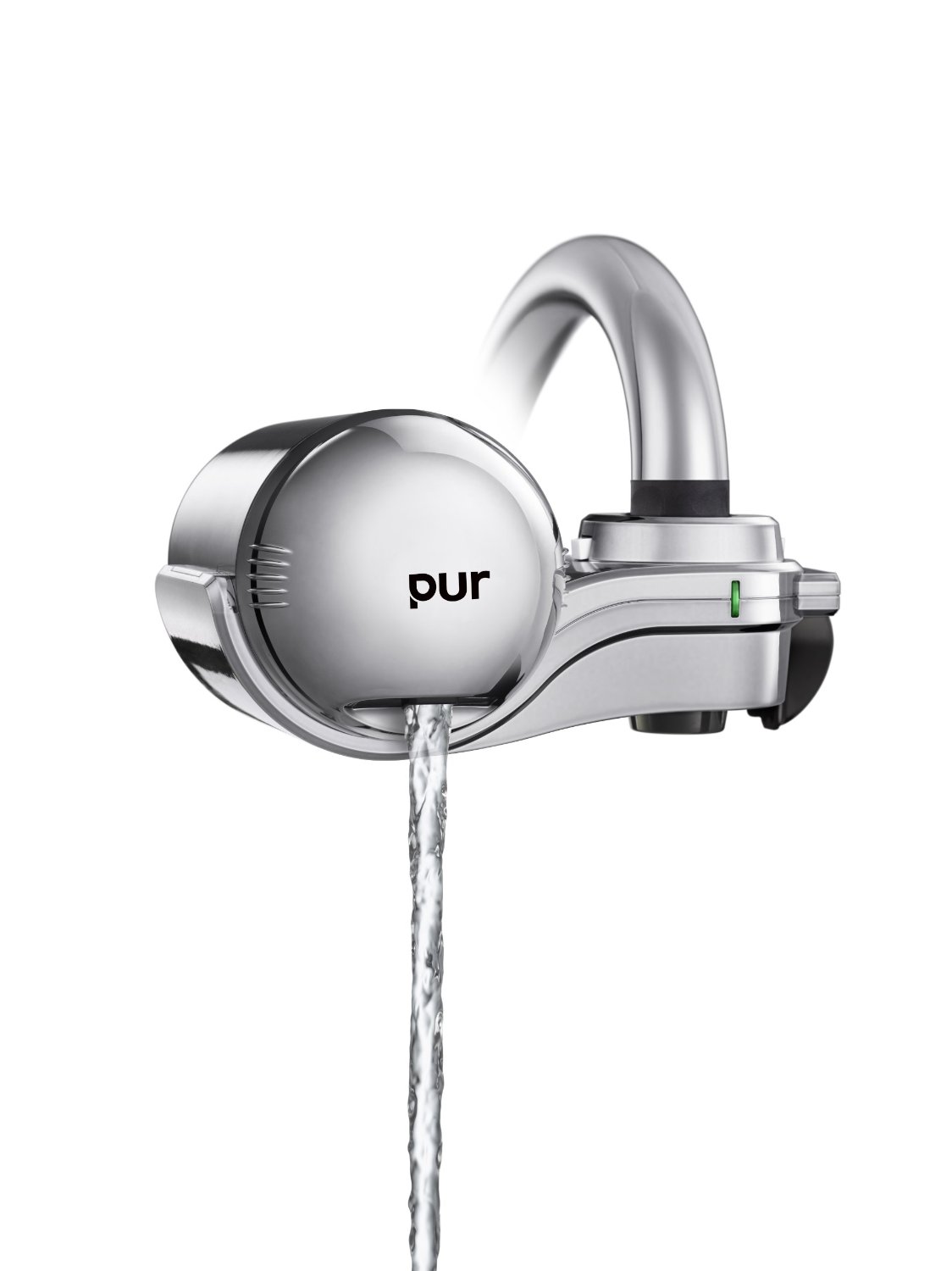

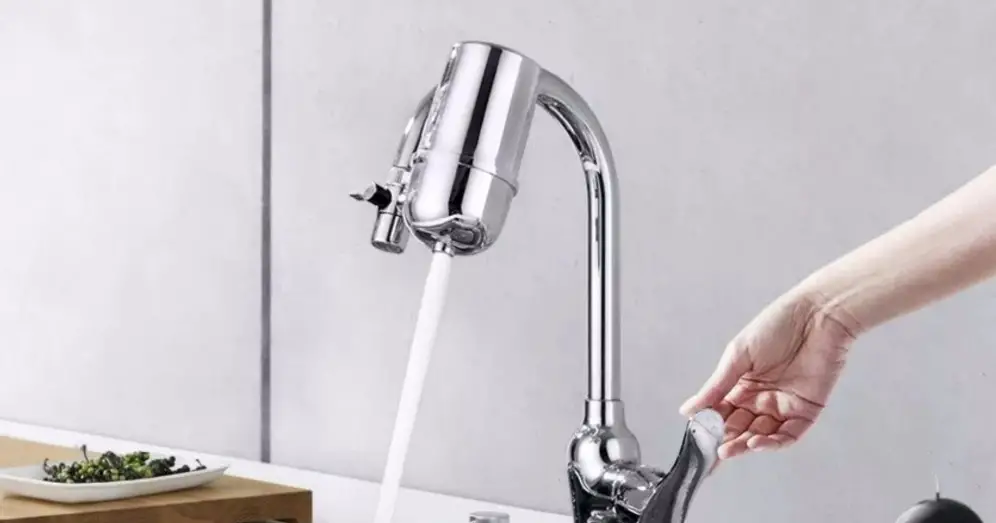
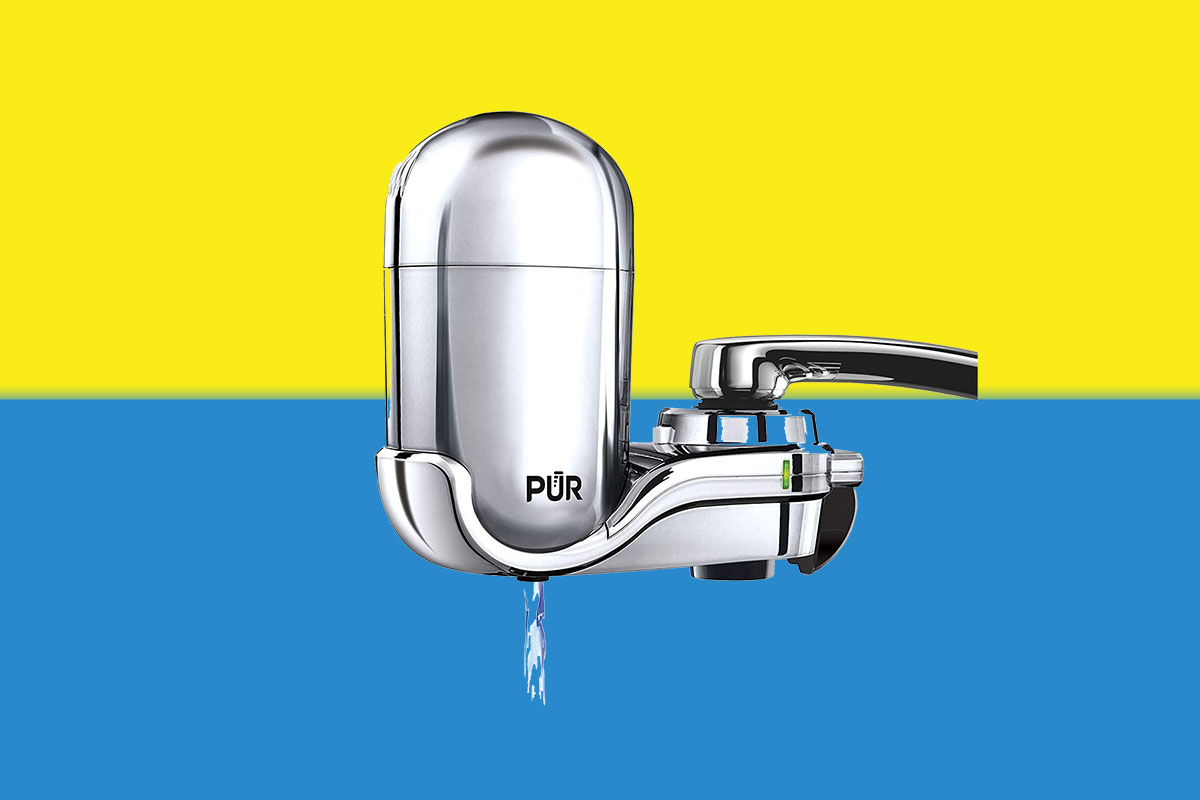
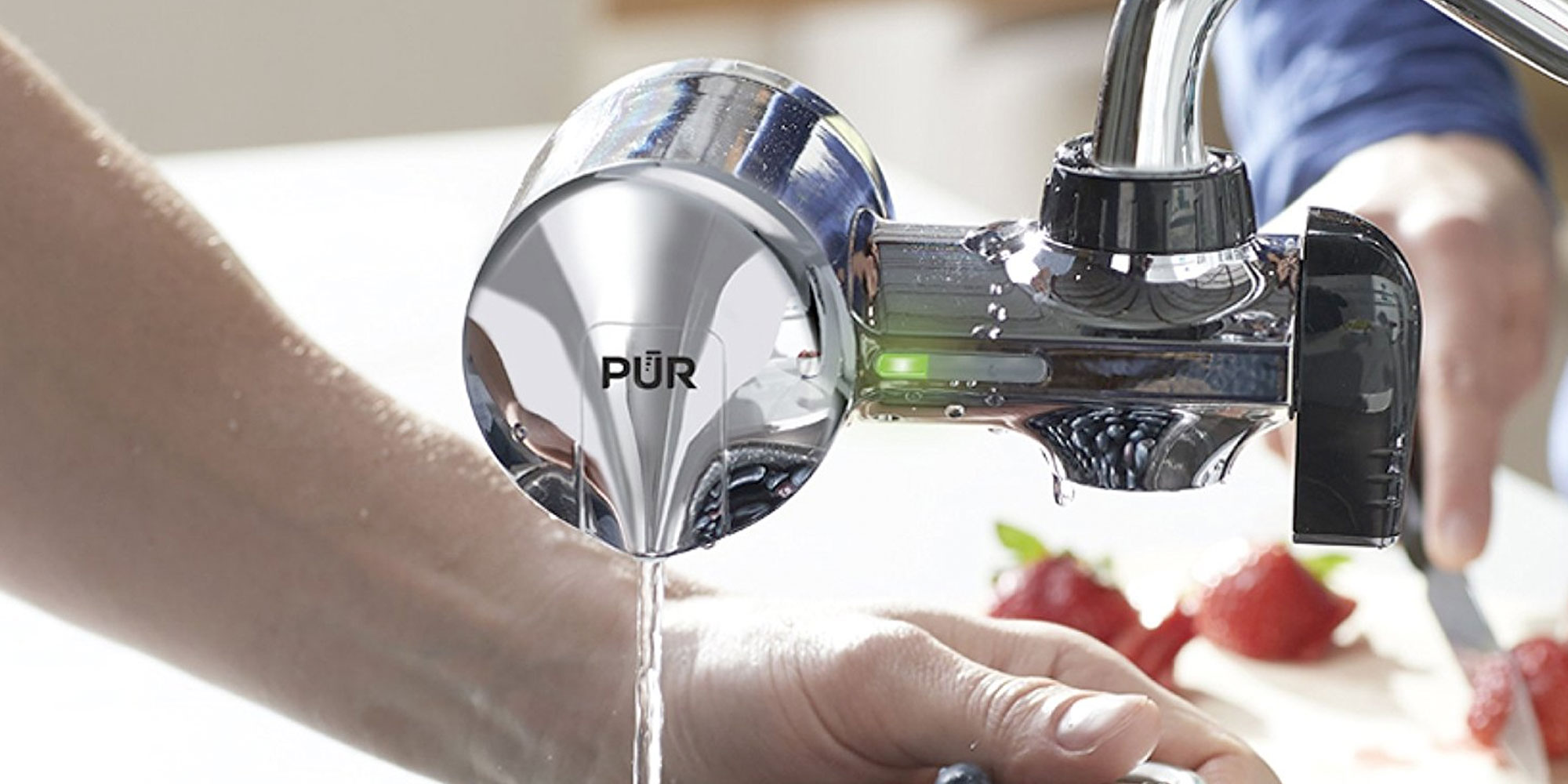
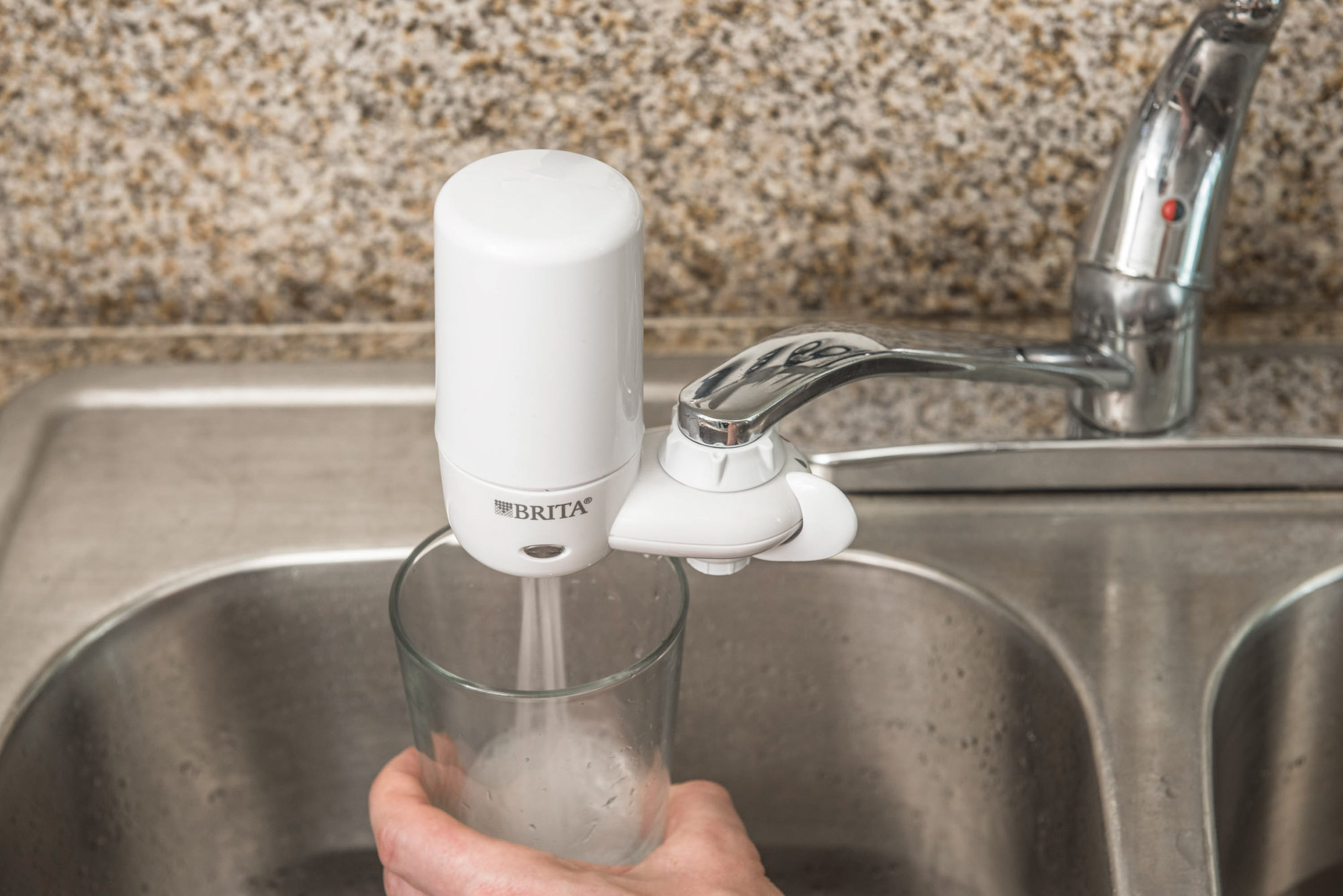


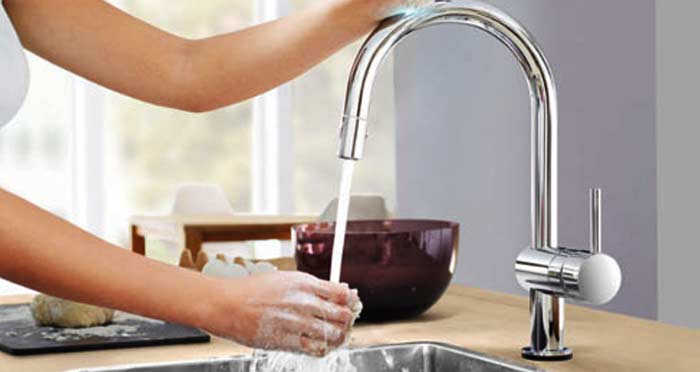





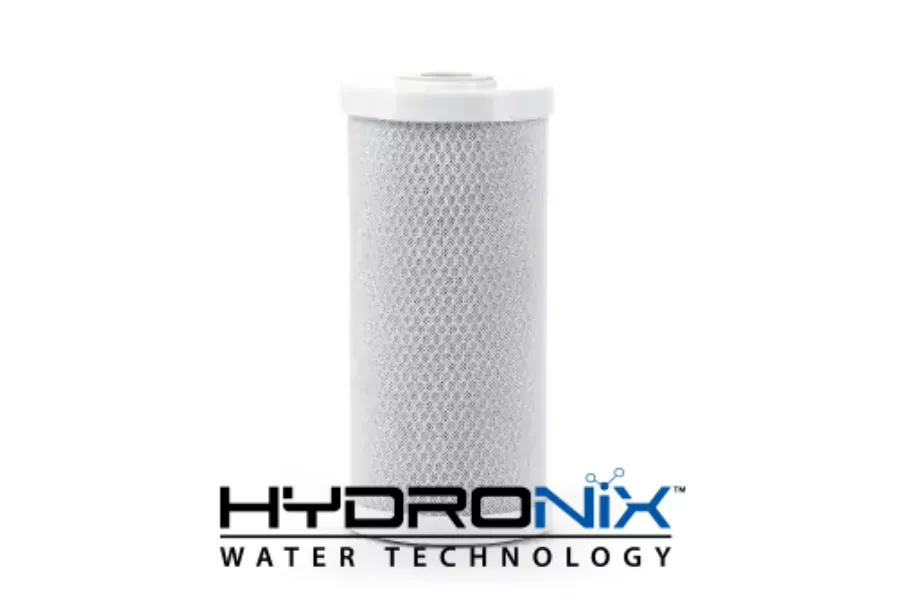

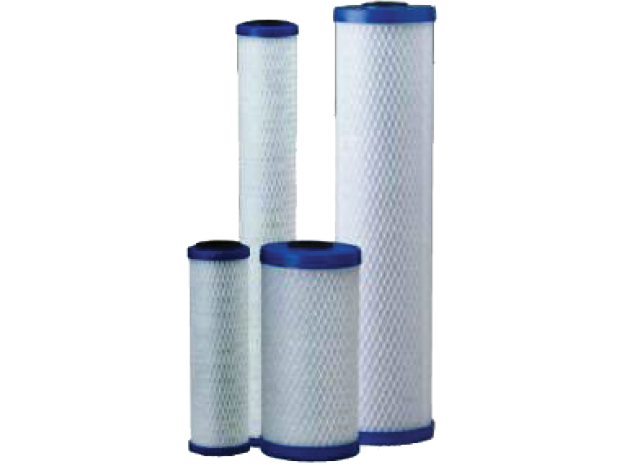

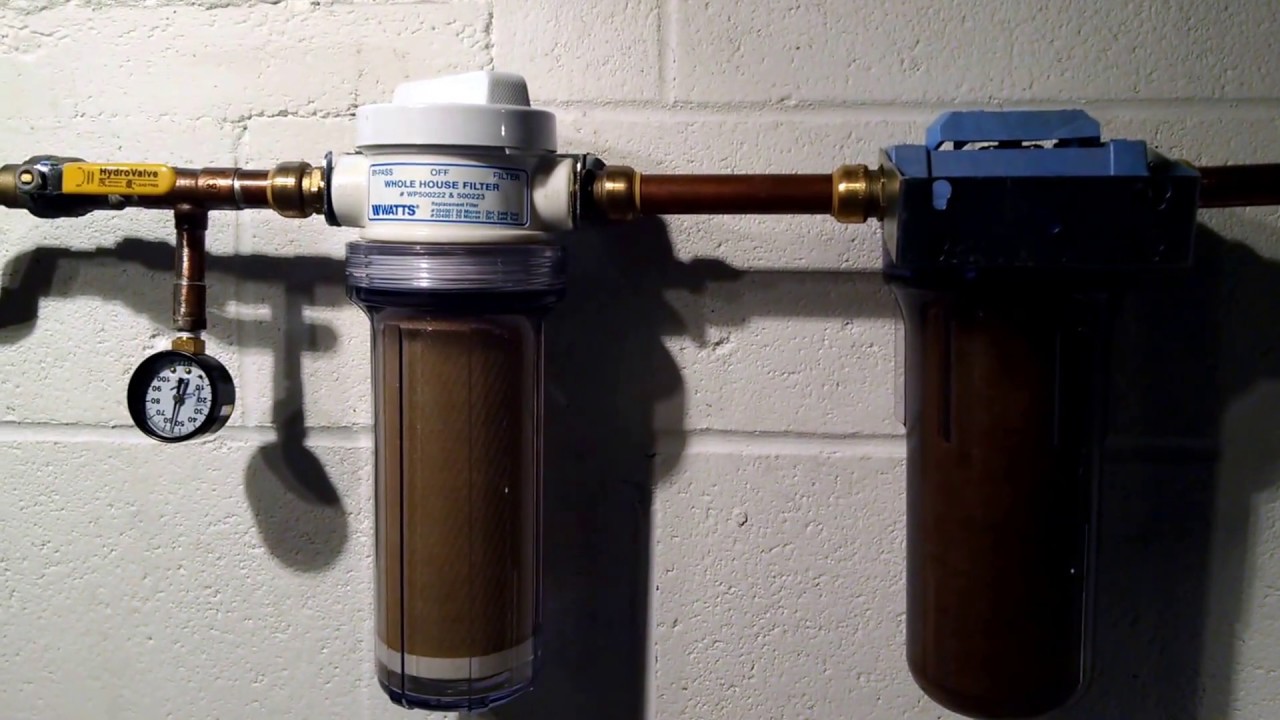







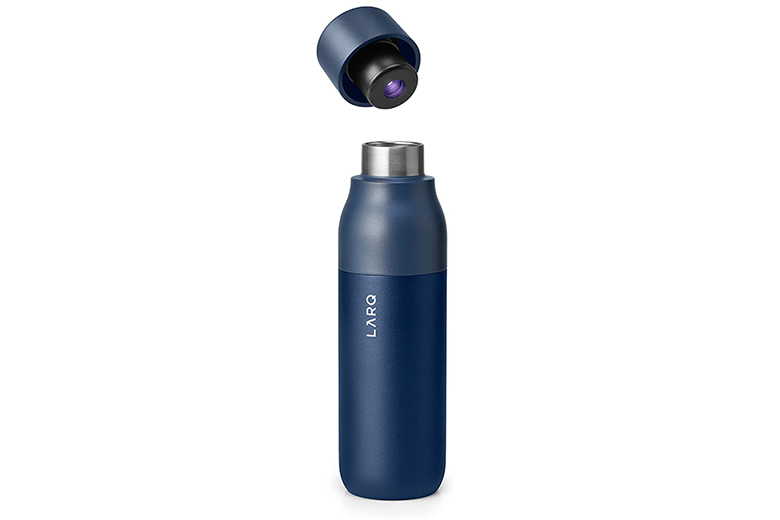
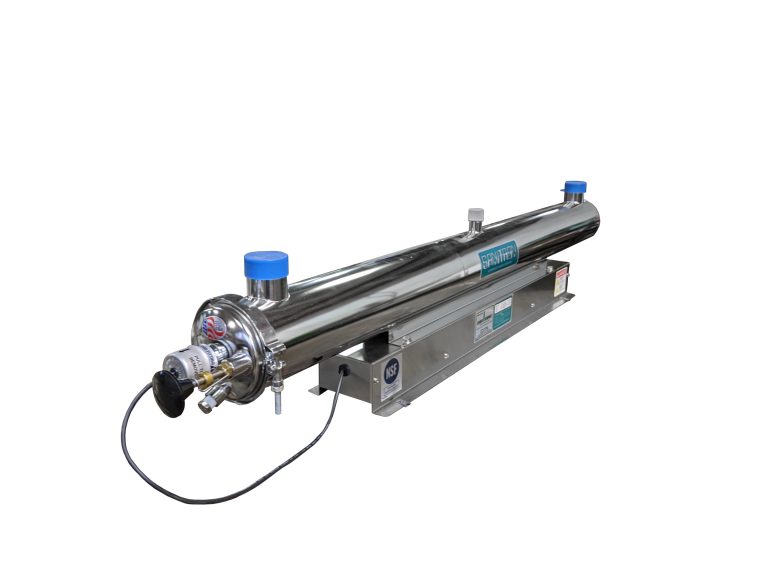



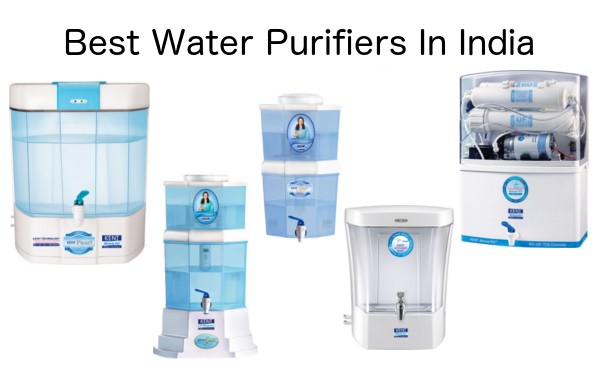


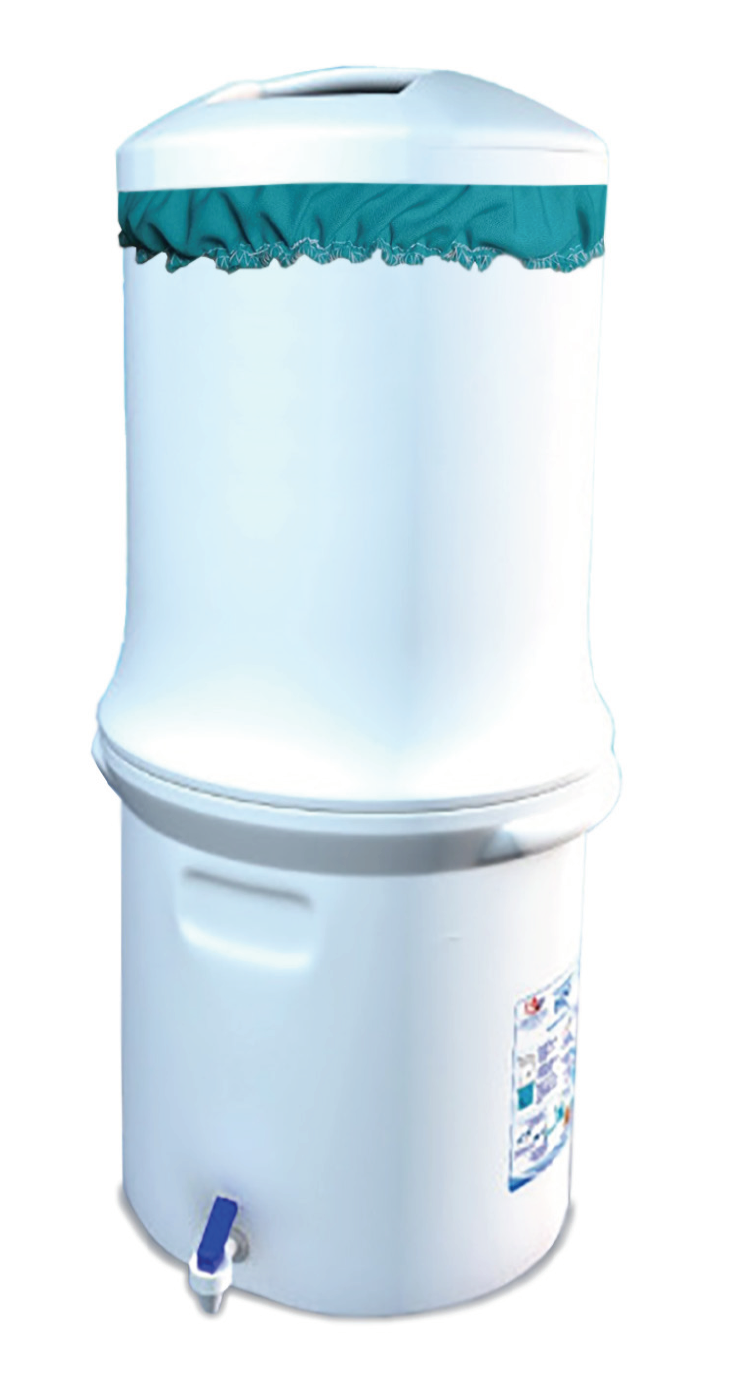
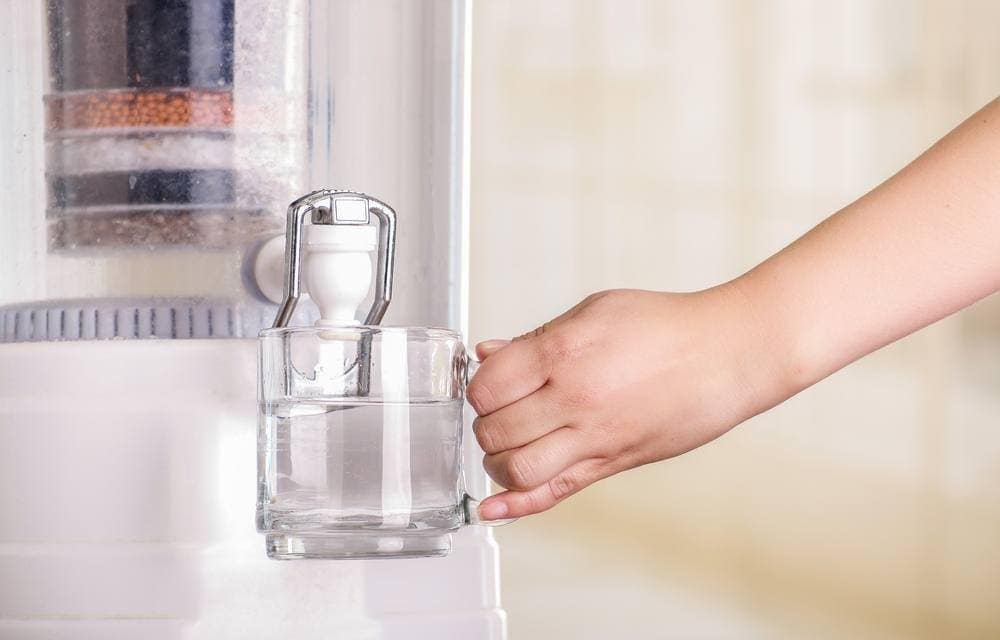
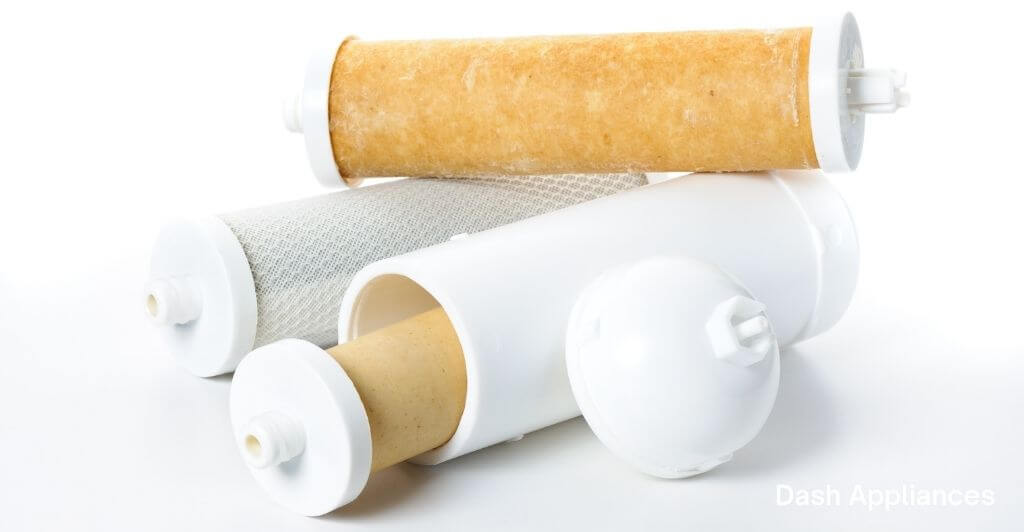
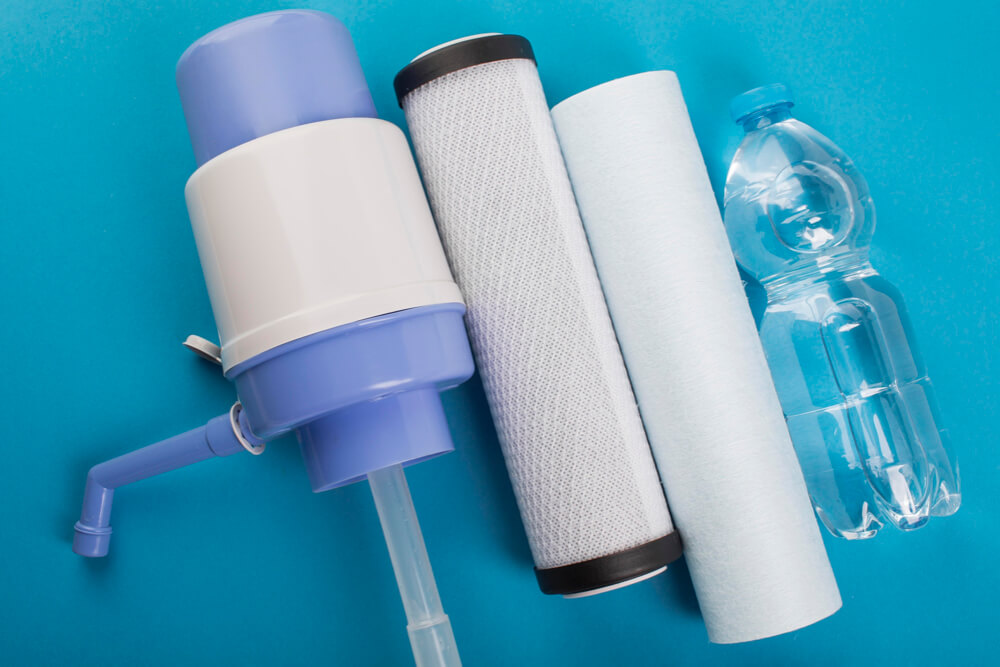

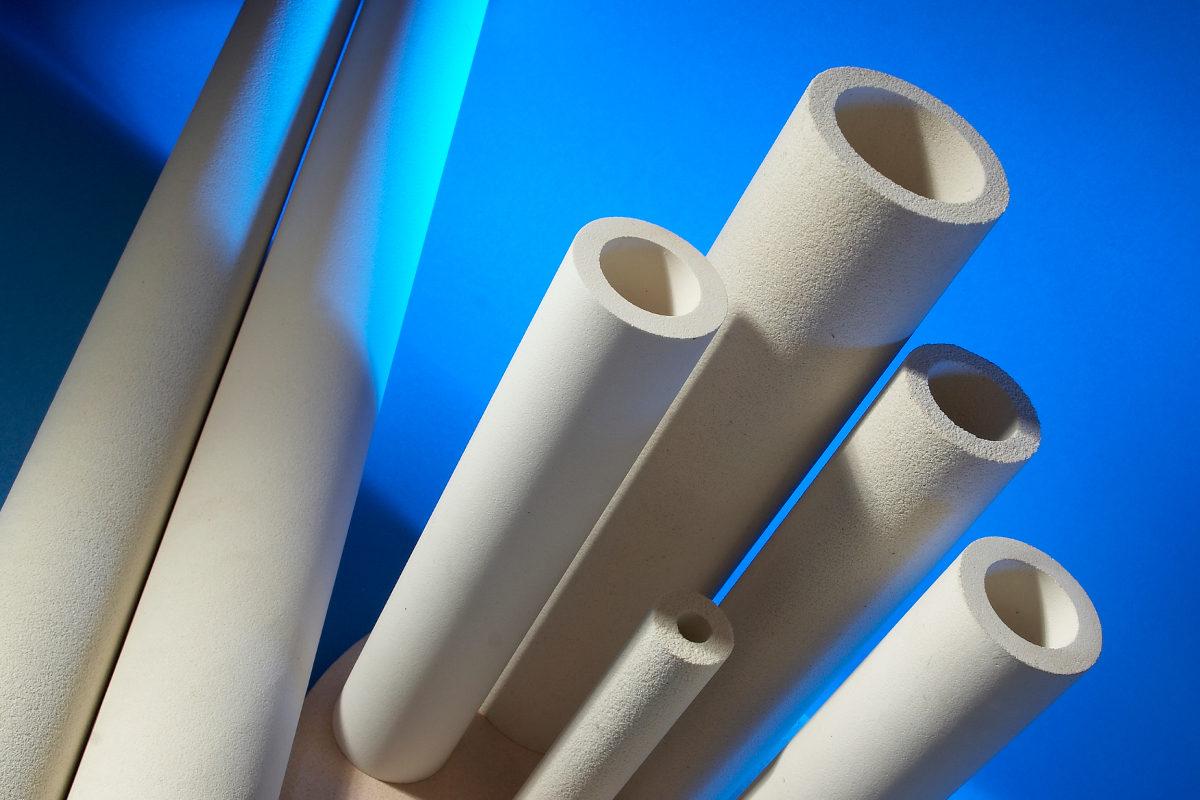

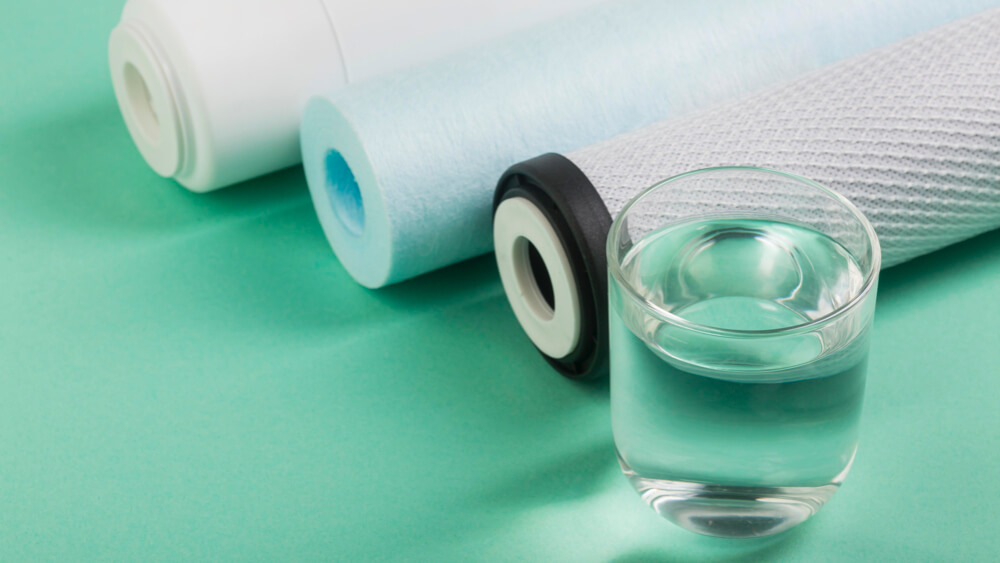
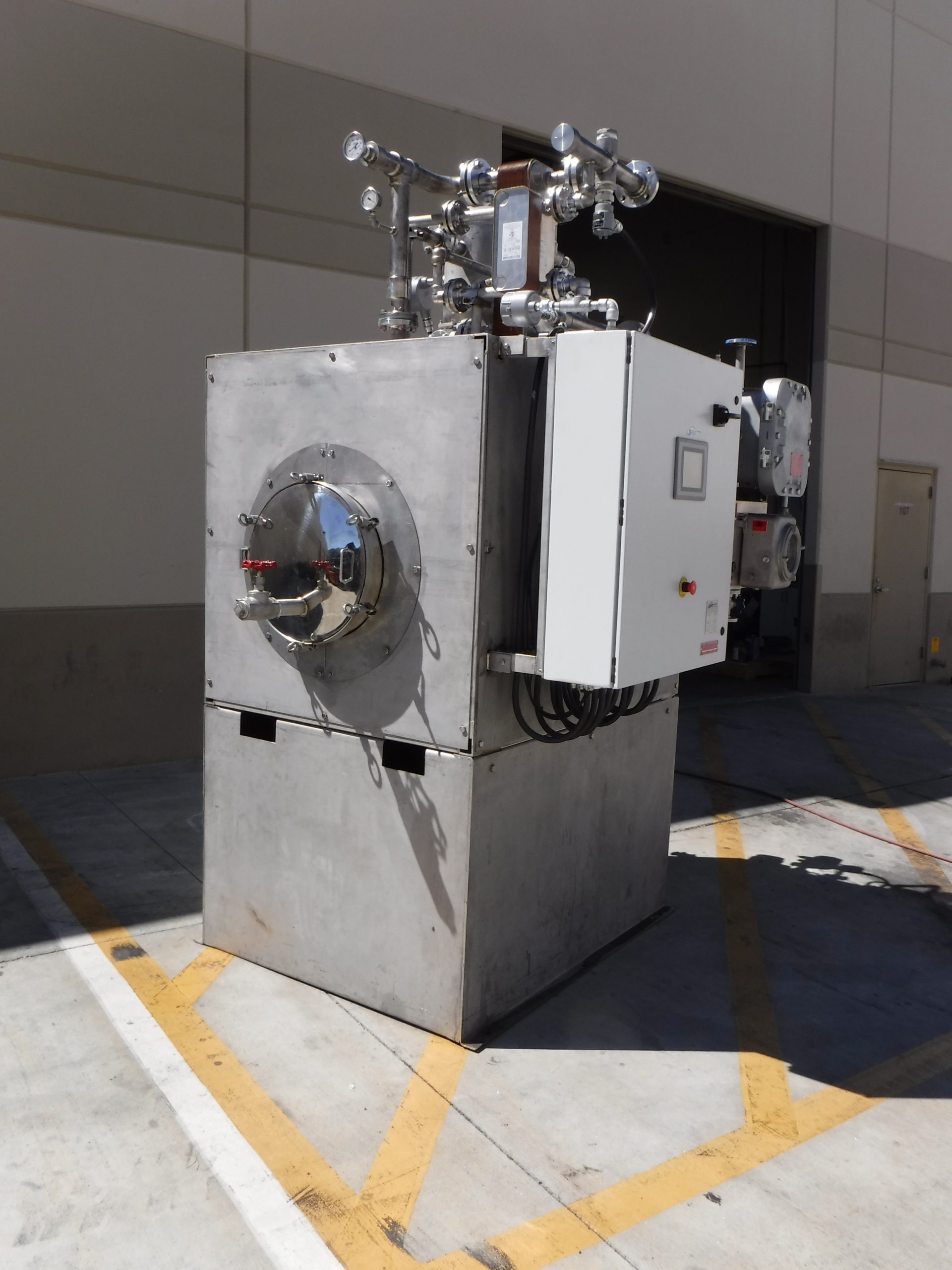

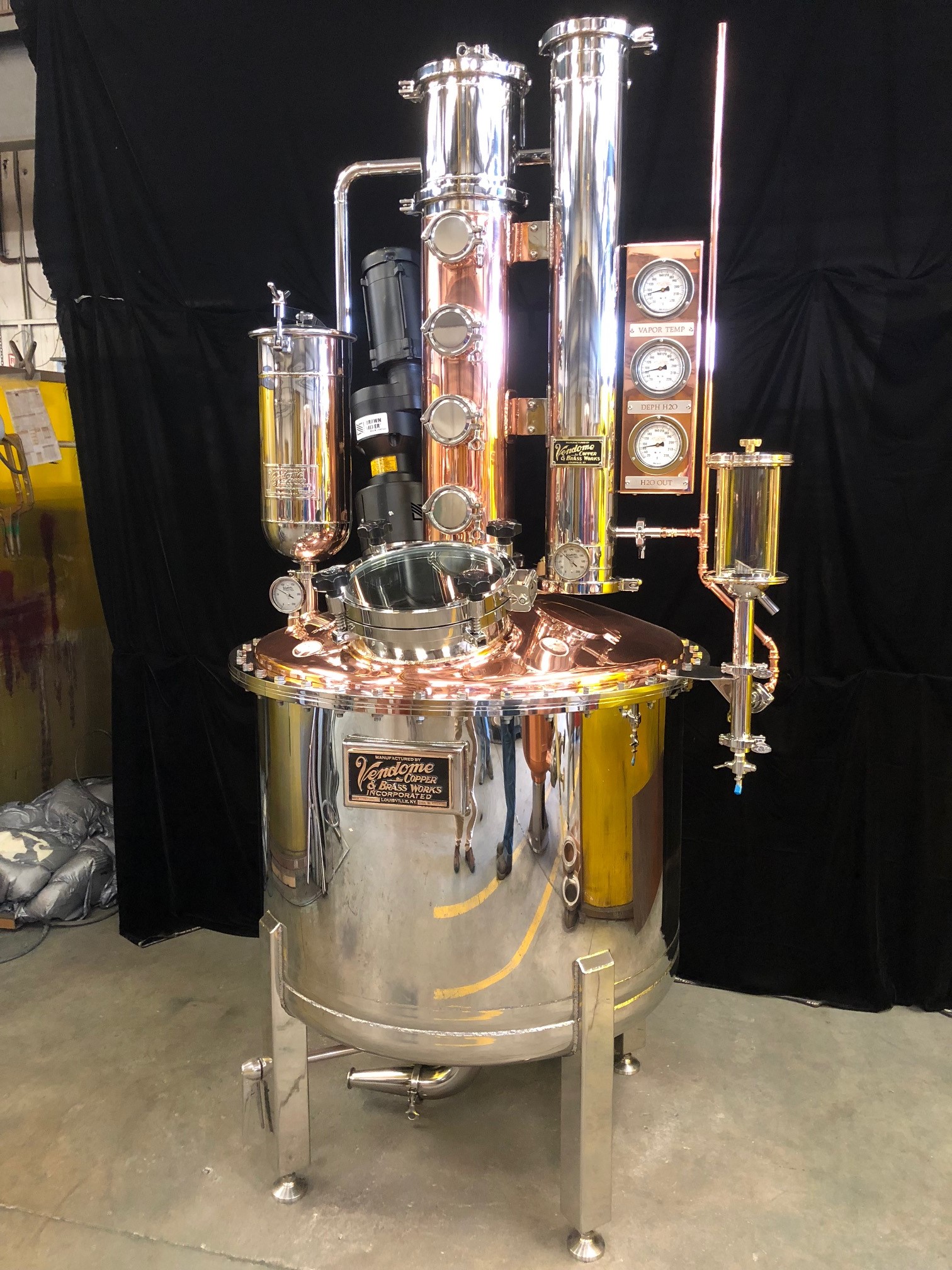
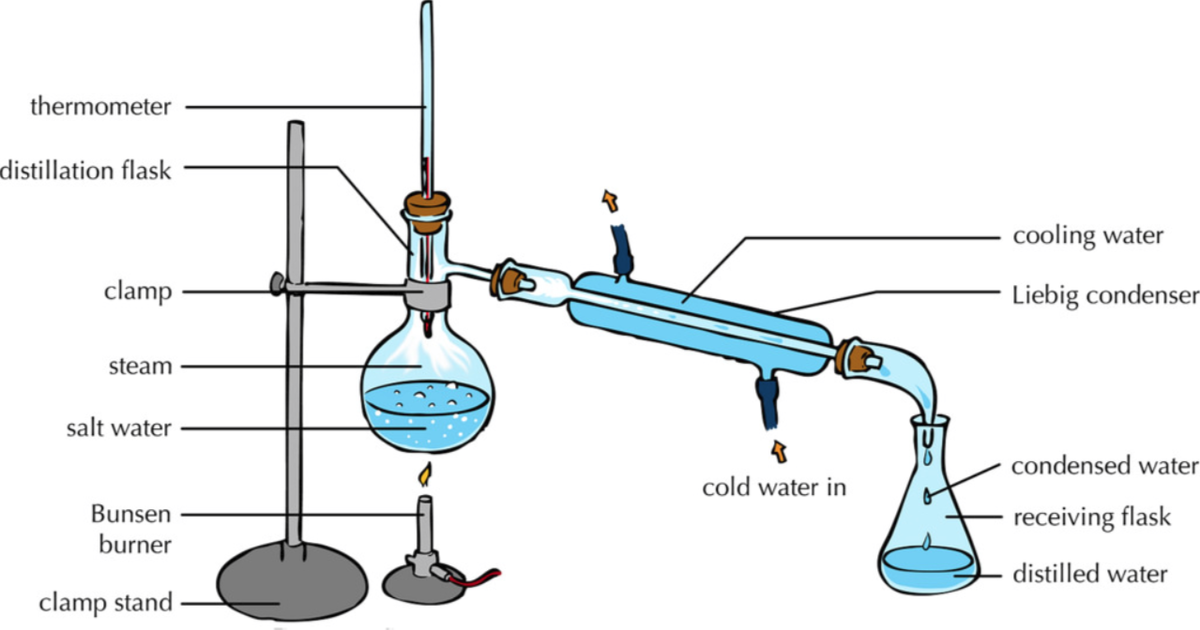



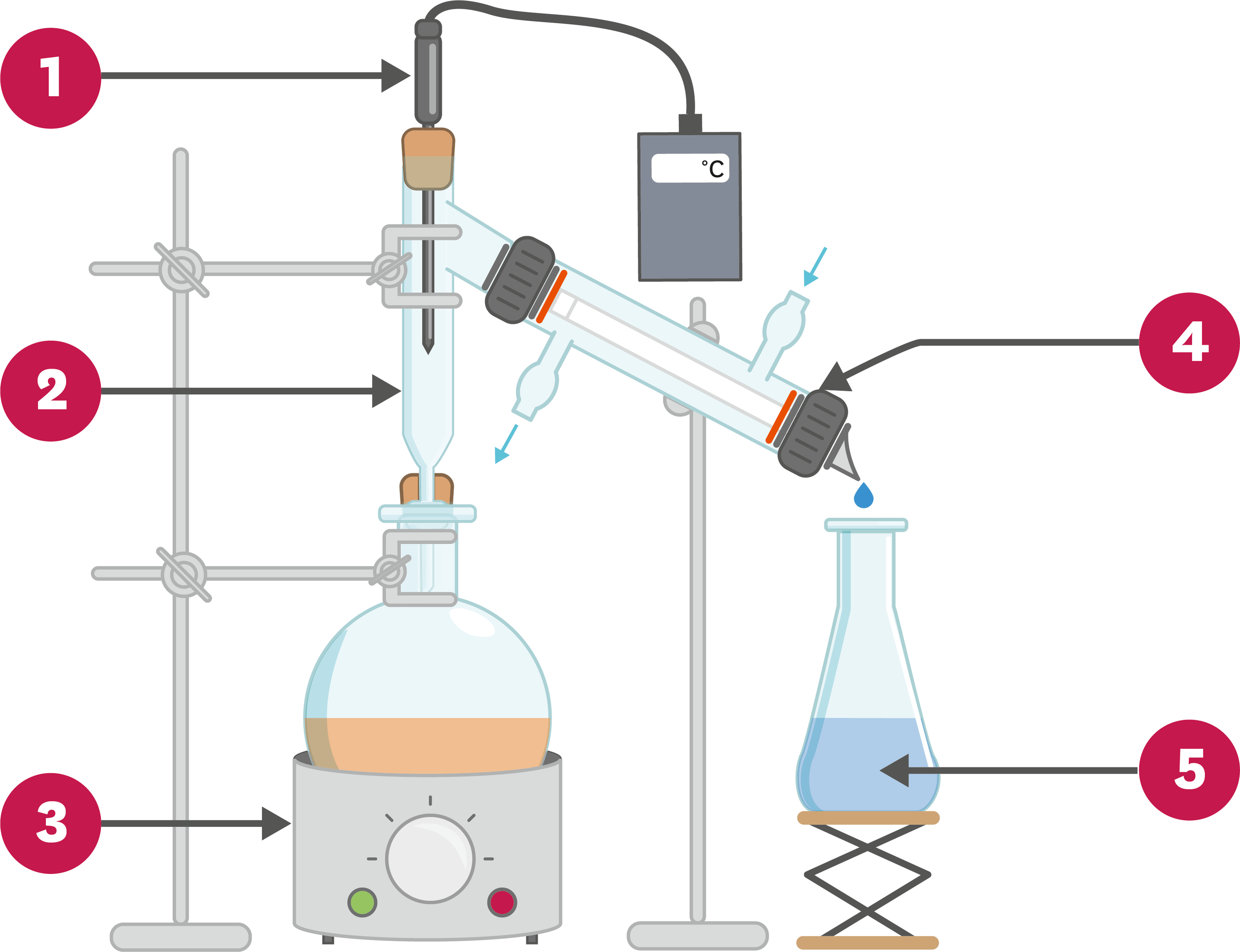
/GettyImages-1127754853-d1d53508a7eb464893d90aad1ae91698.jpg)

